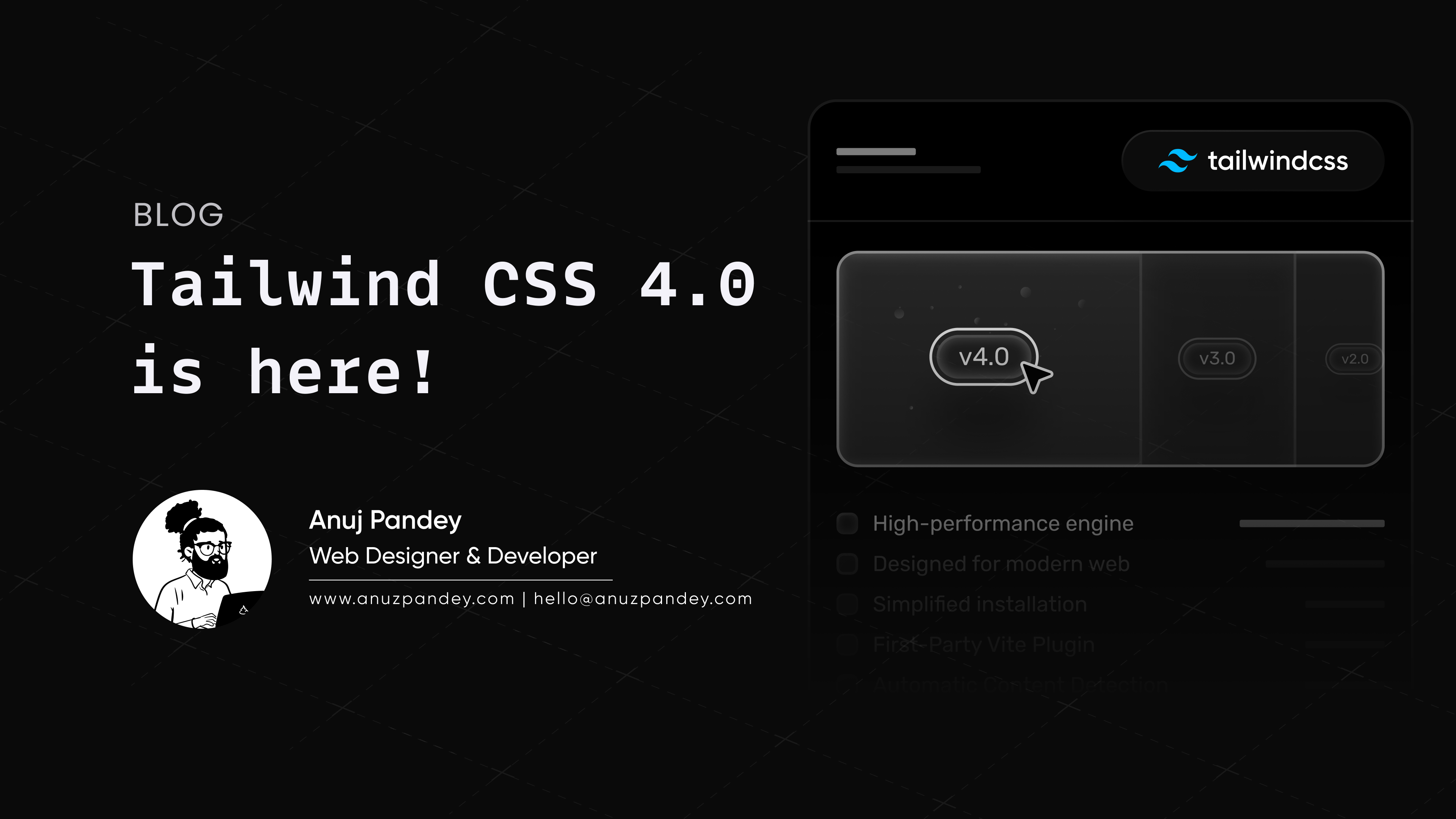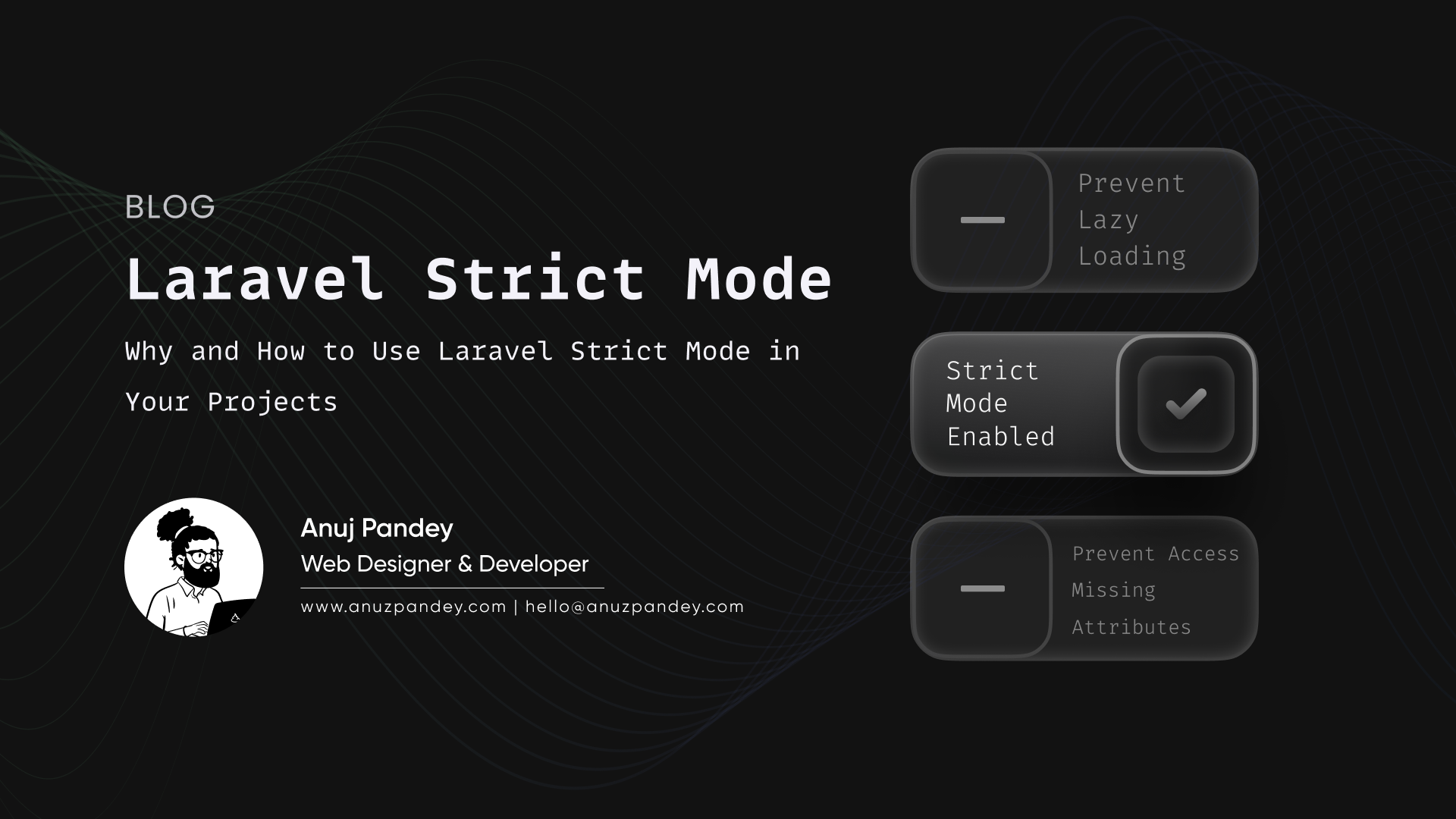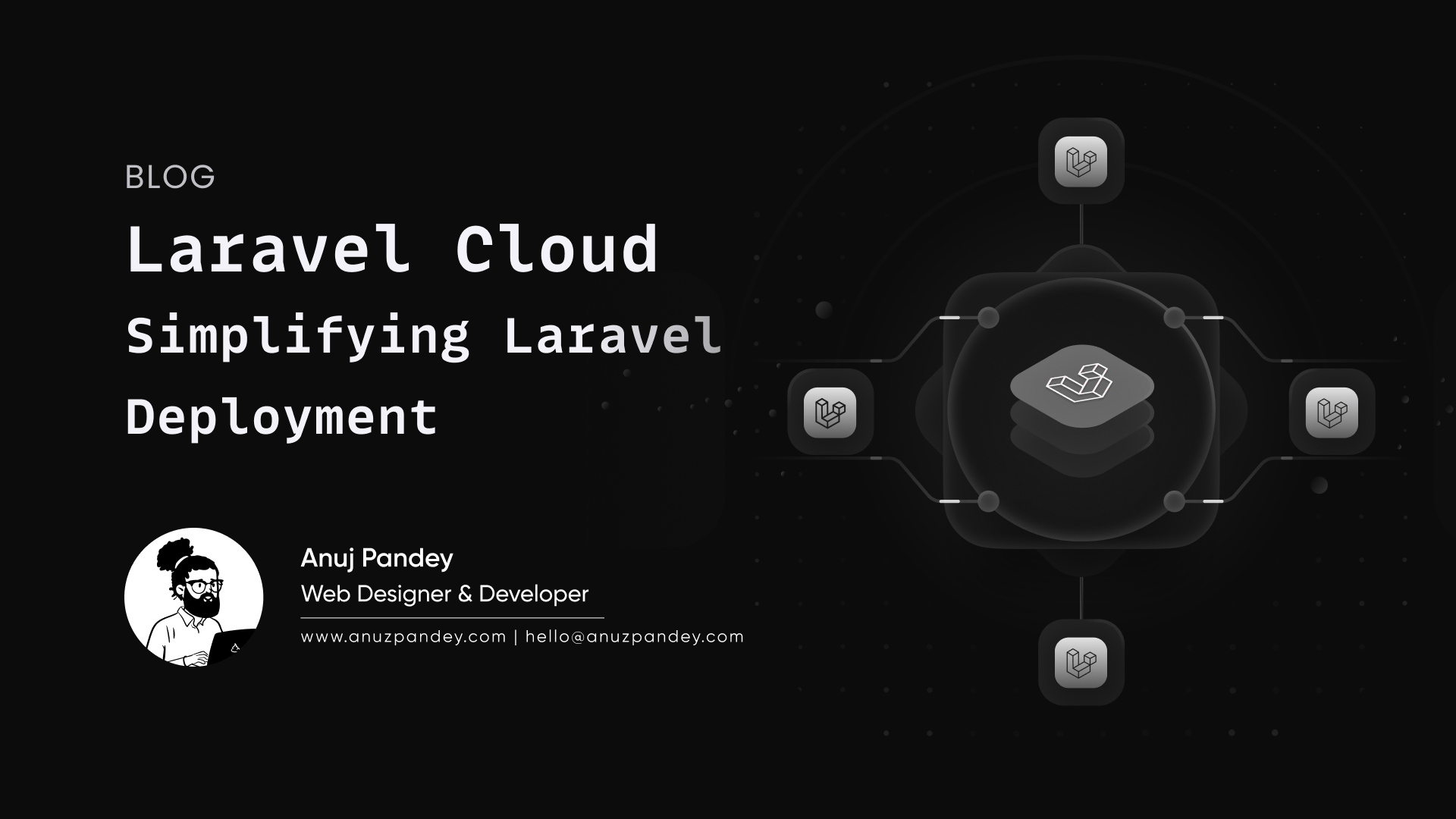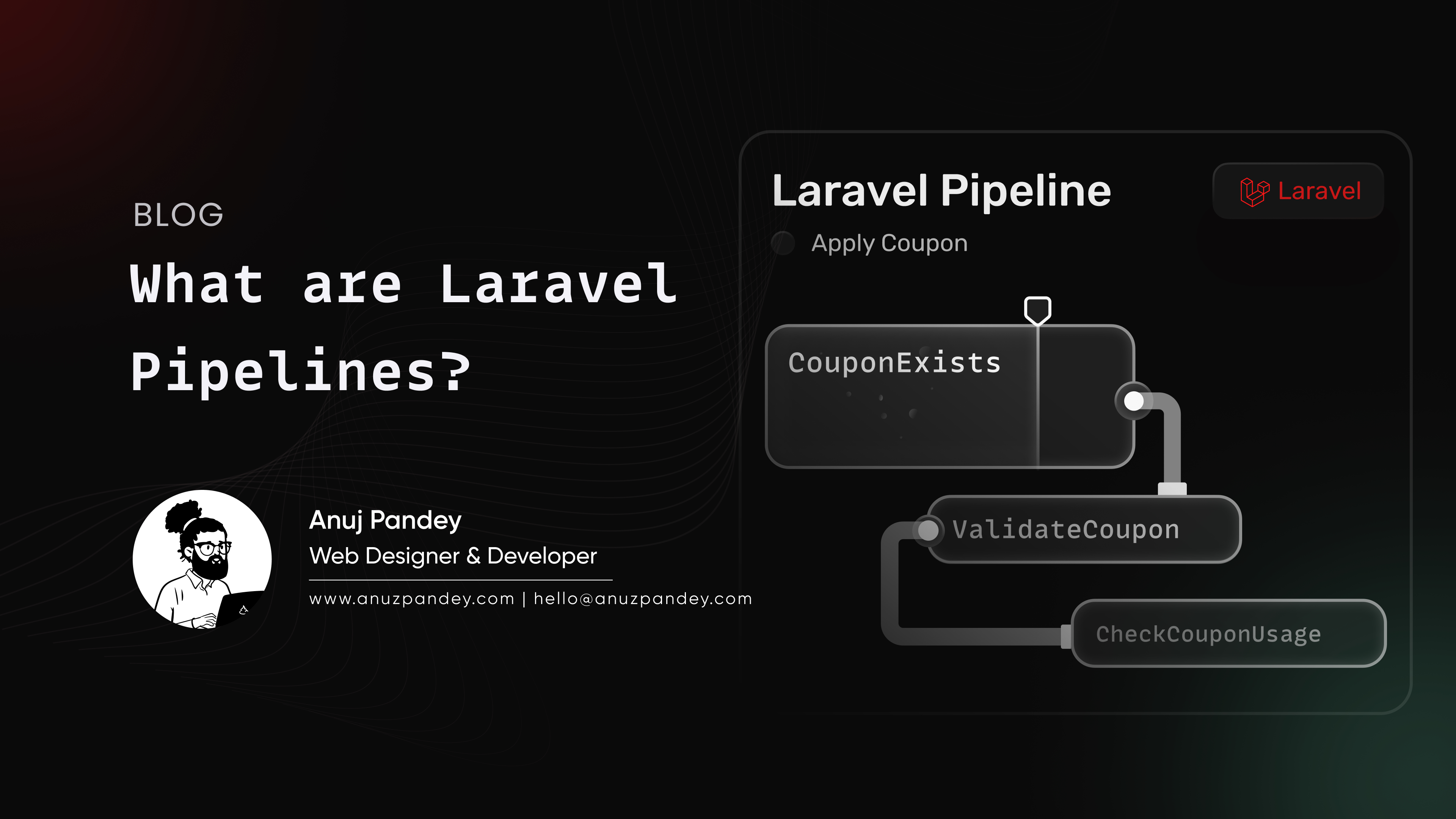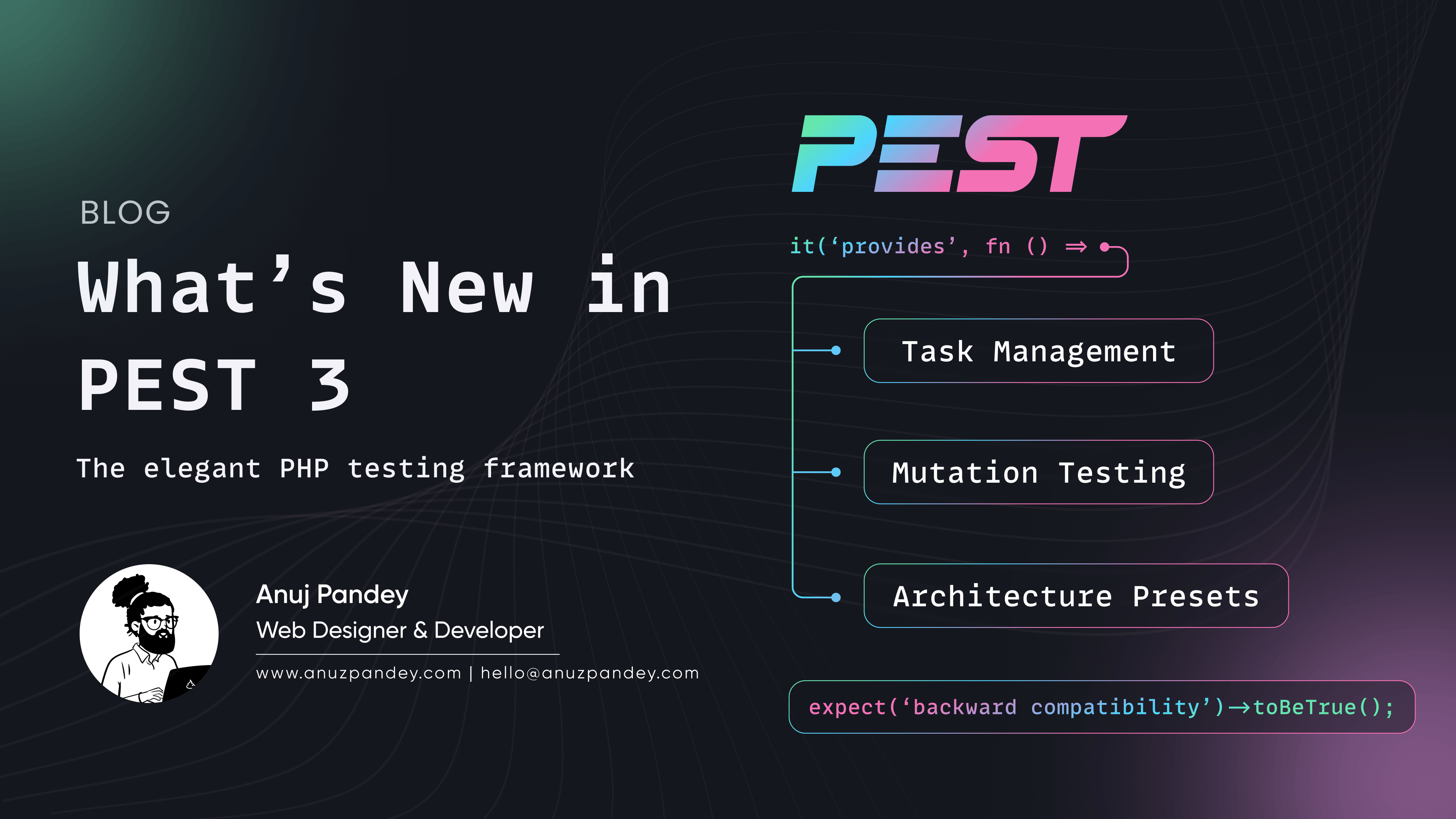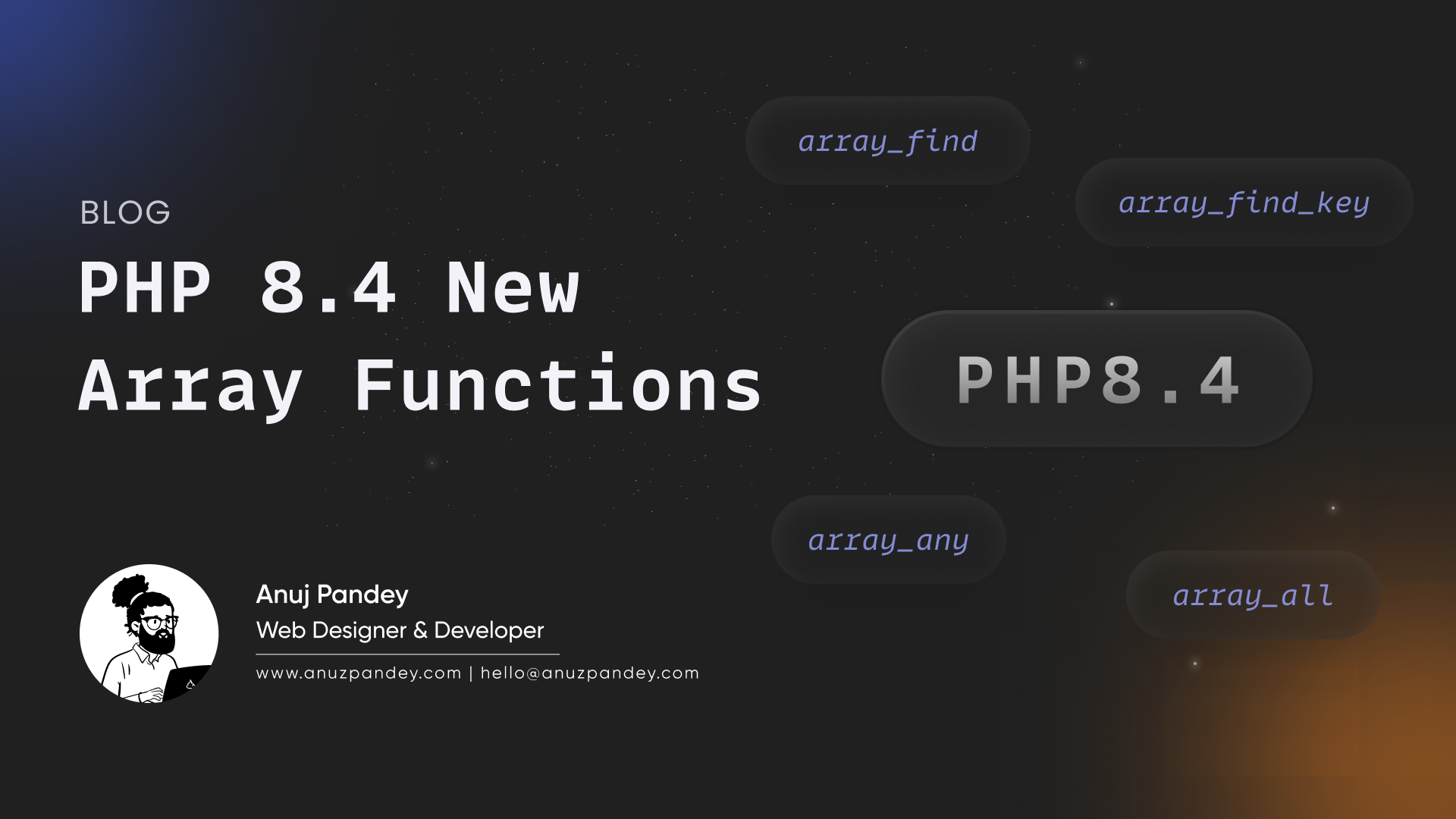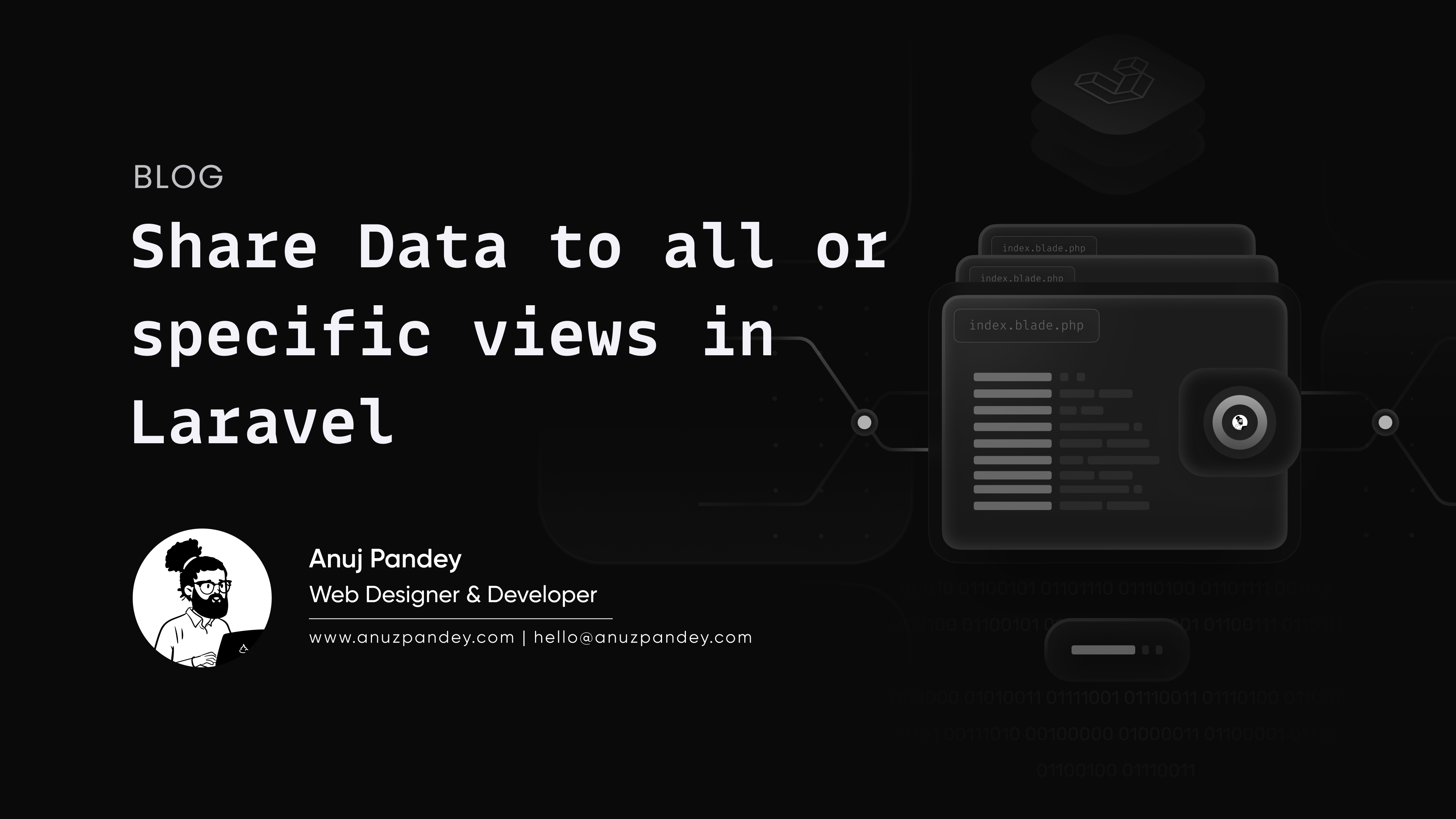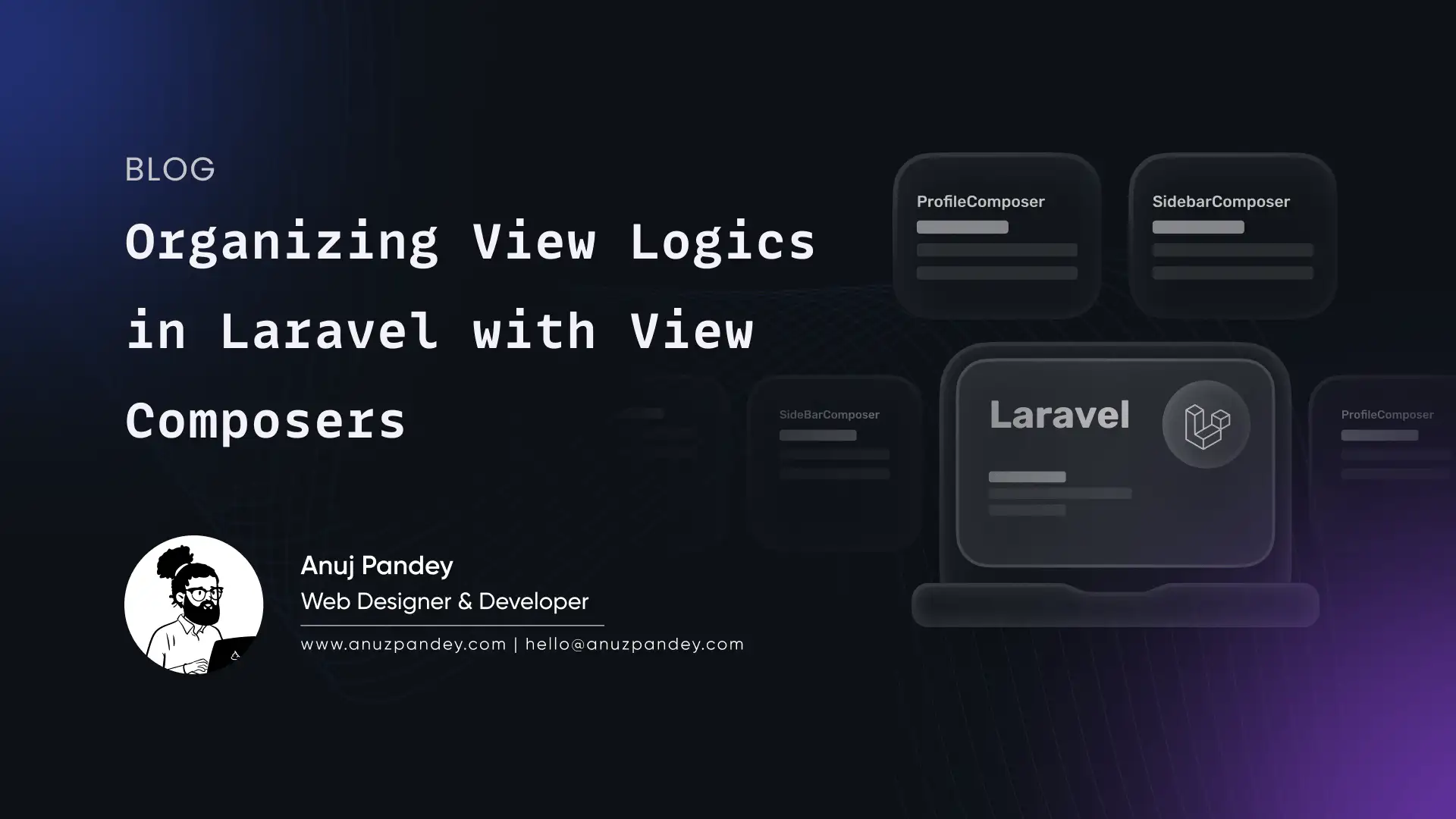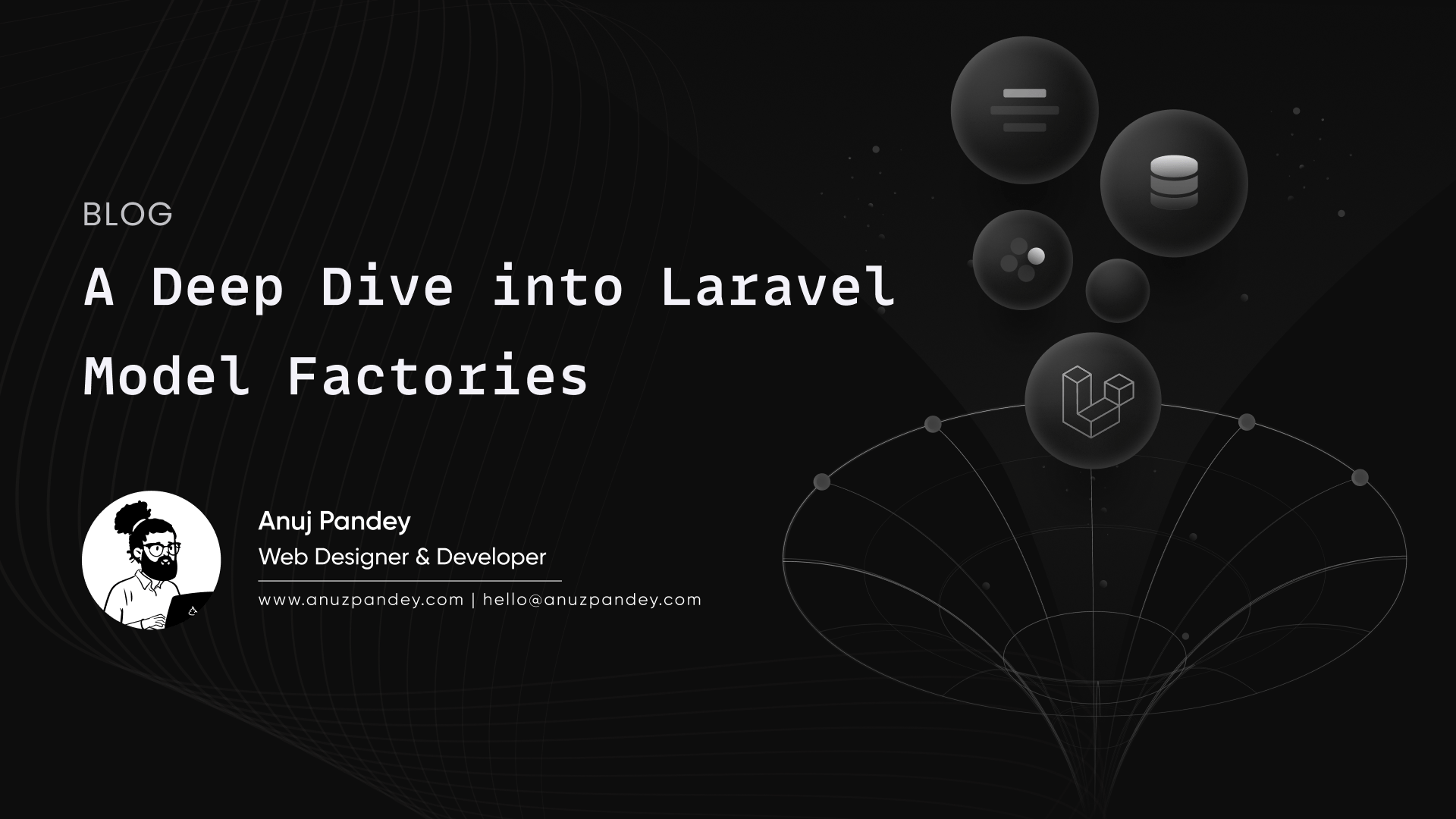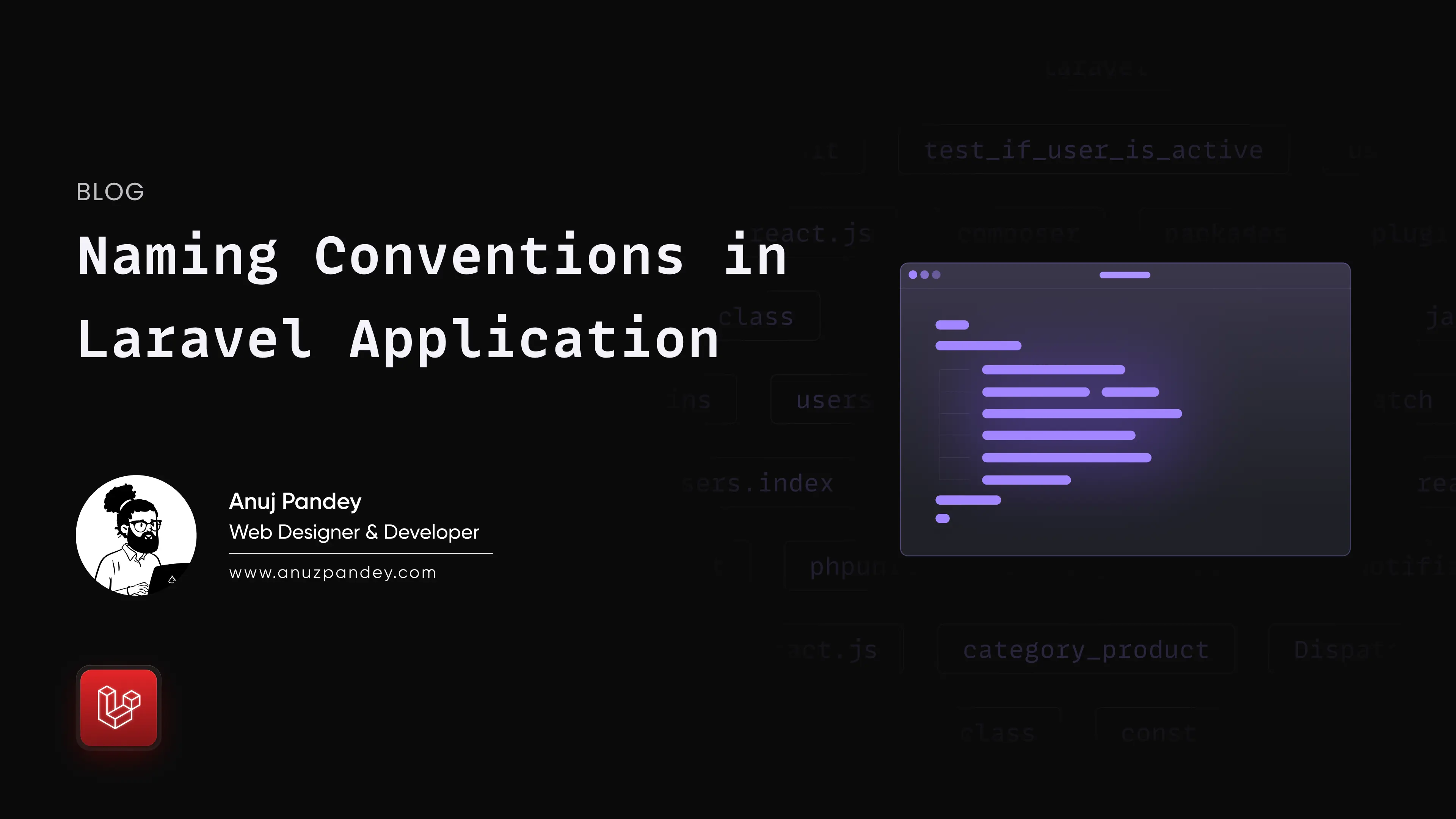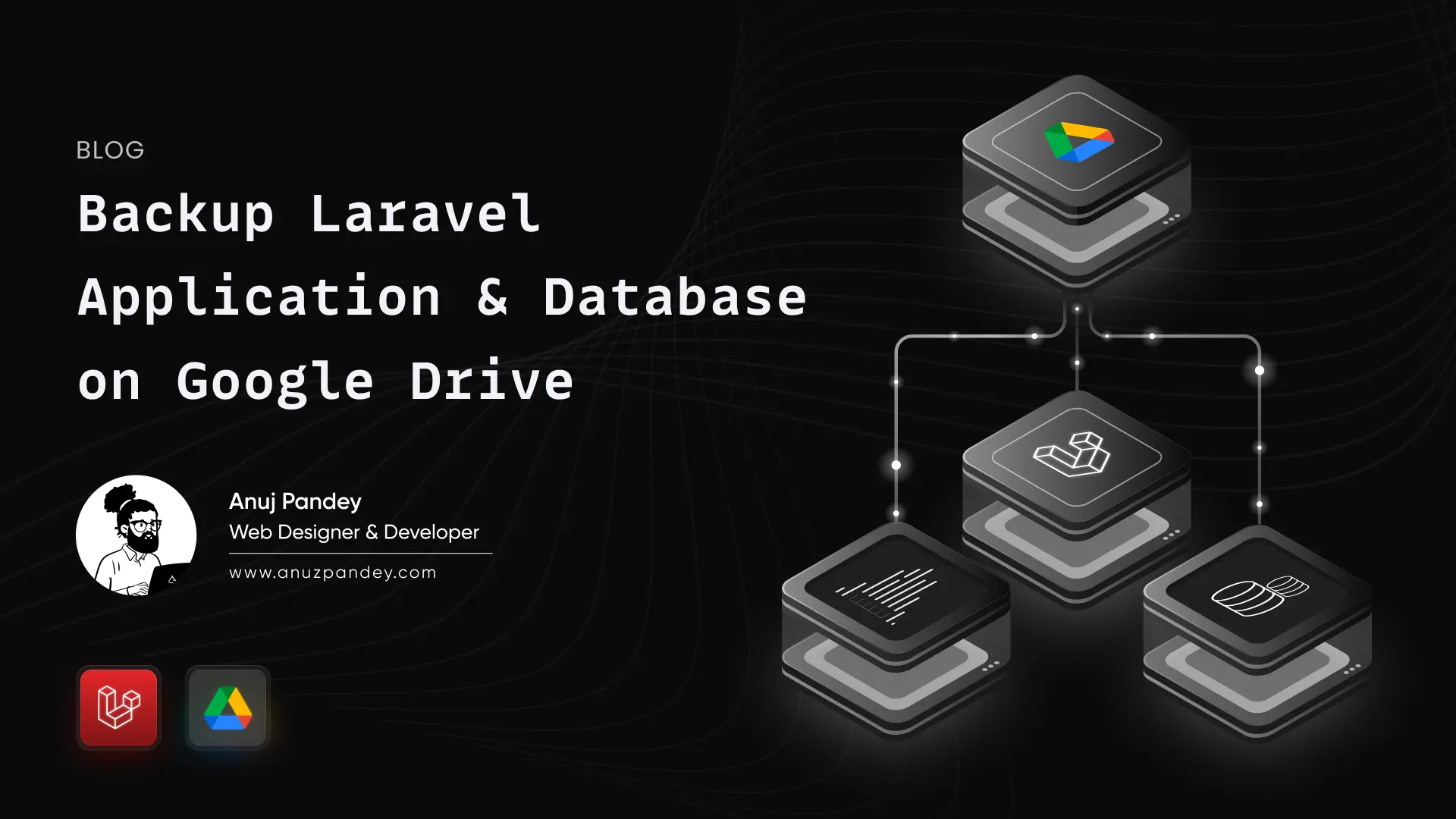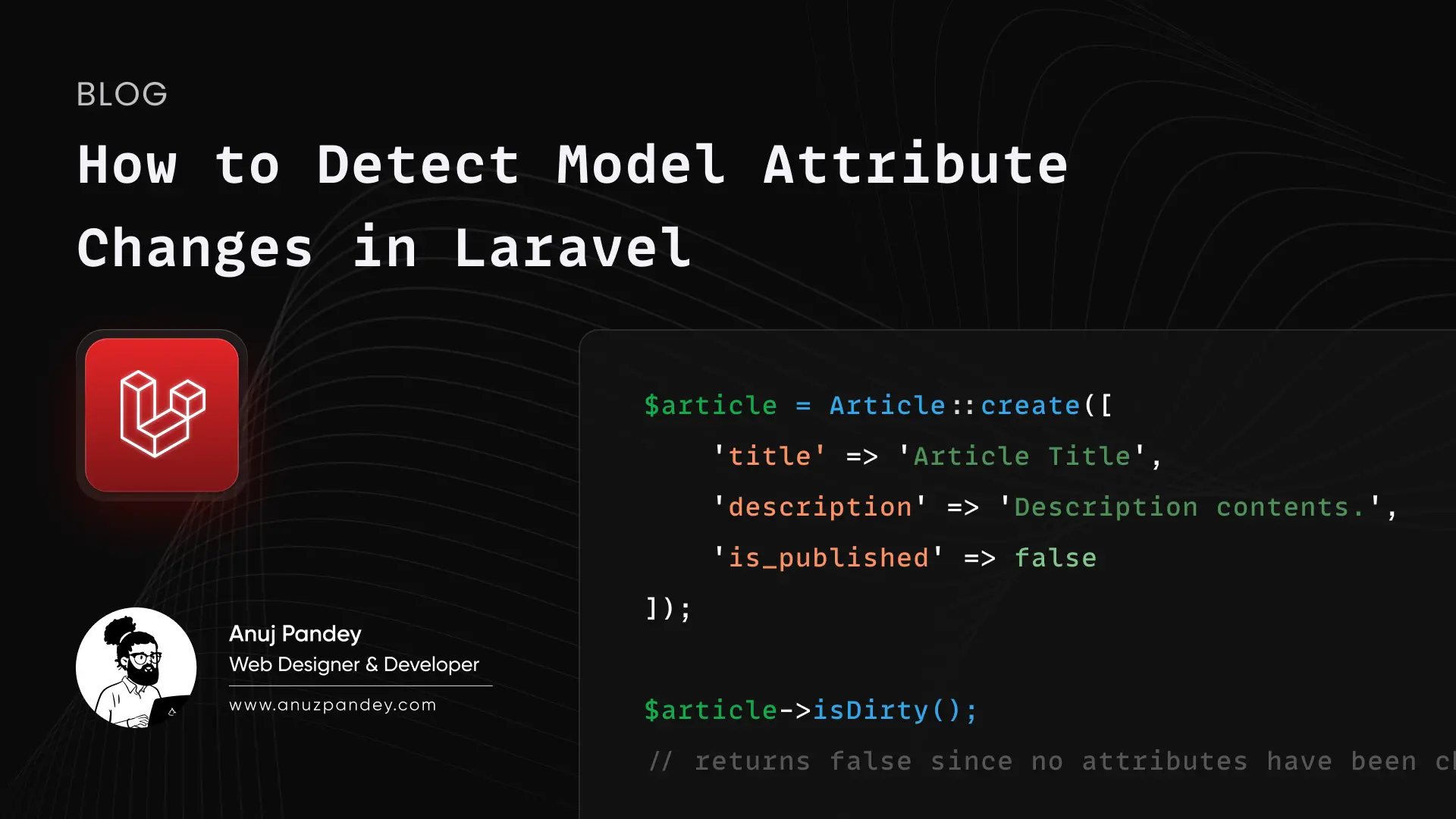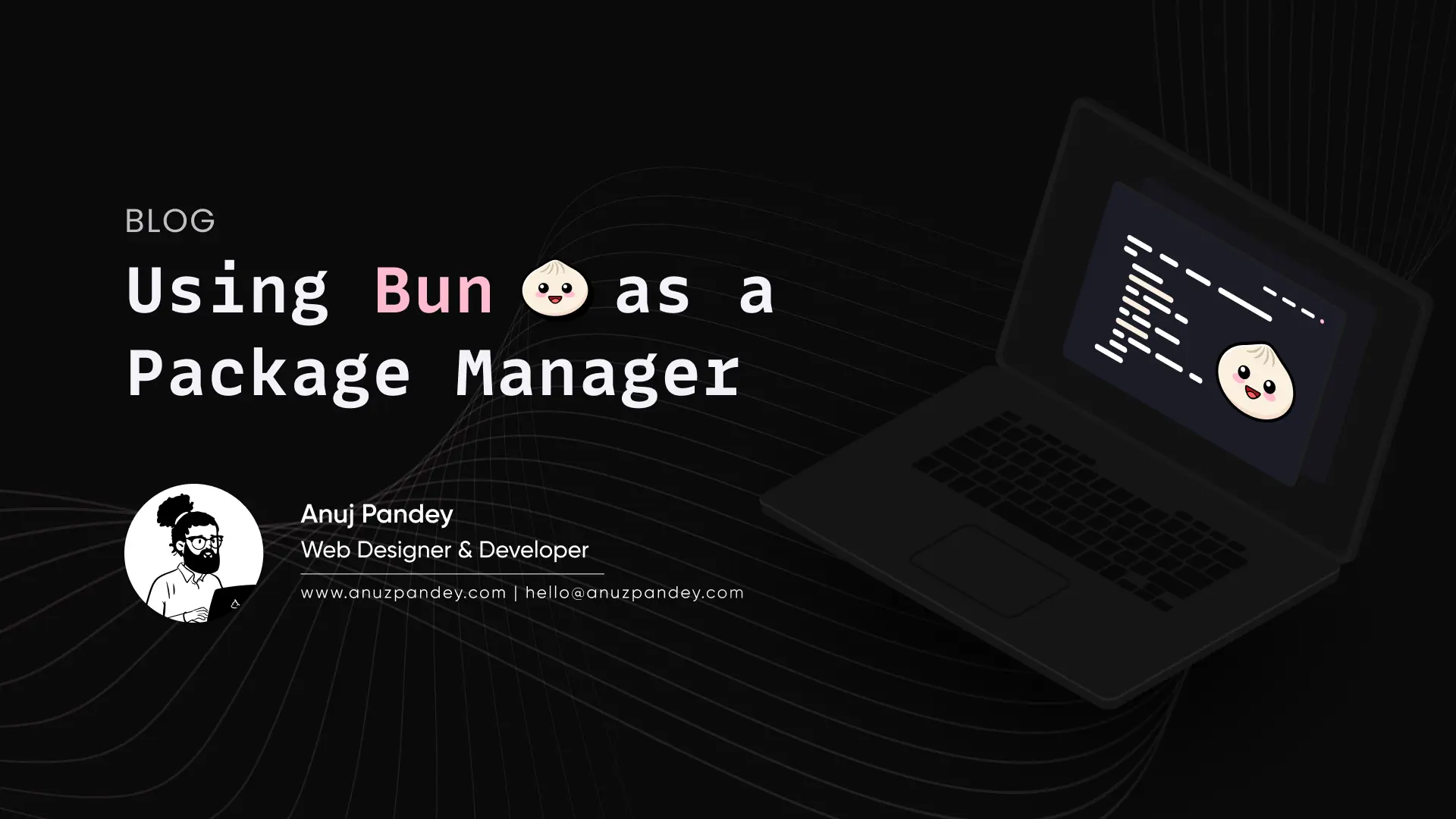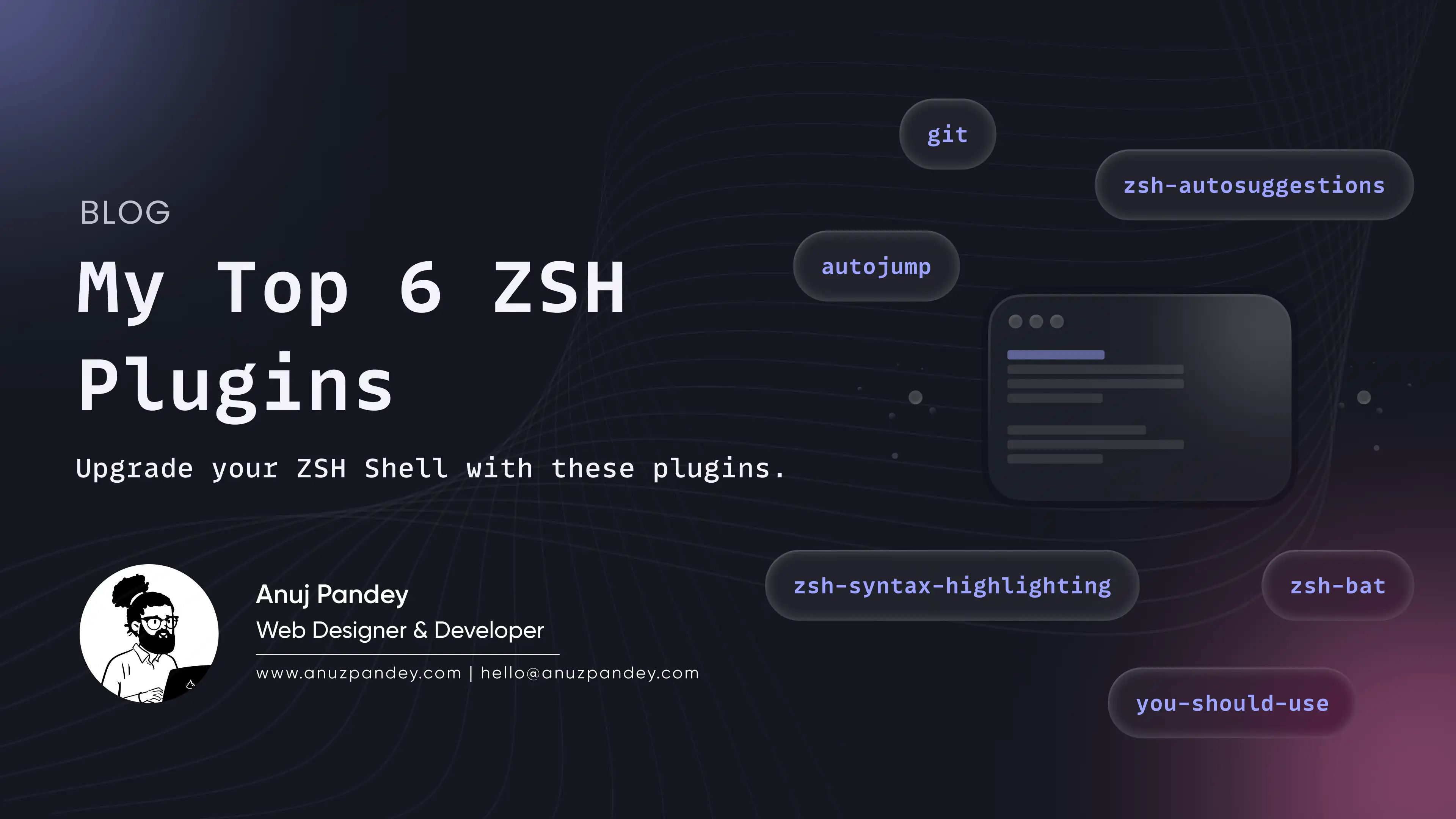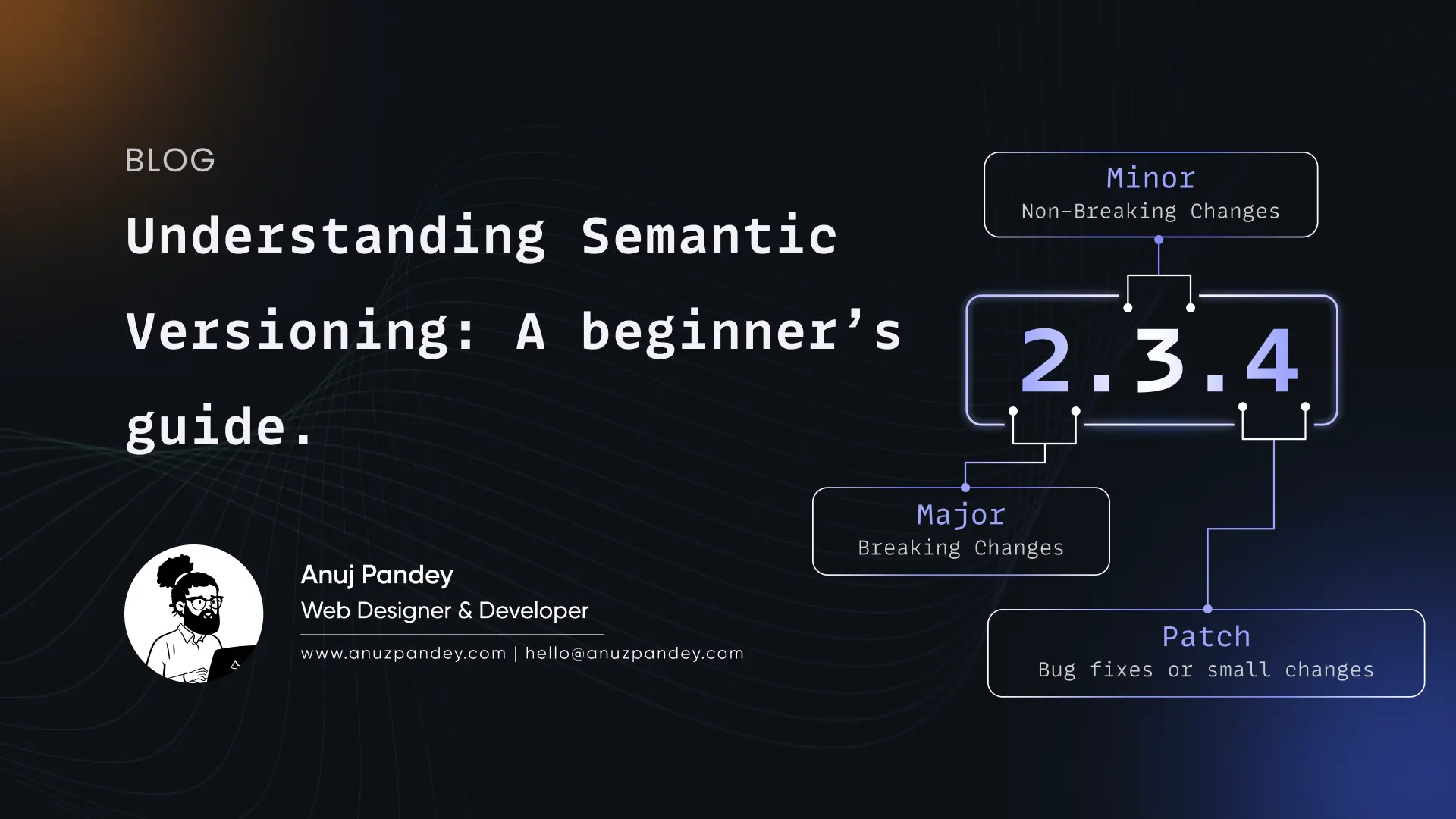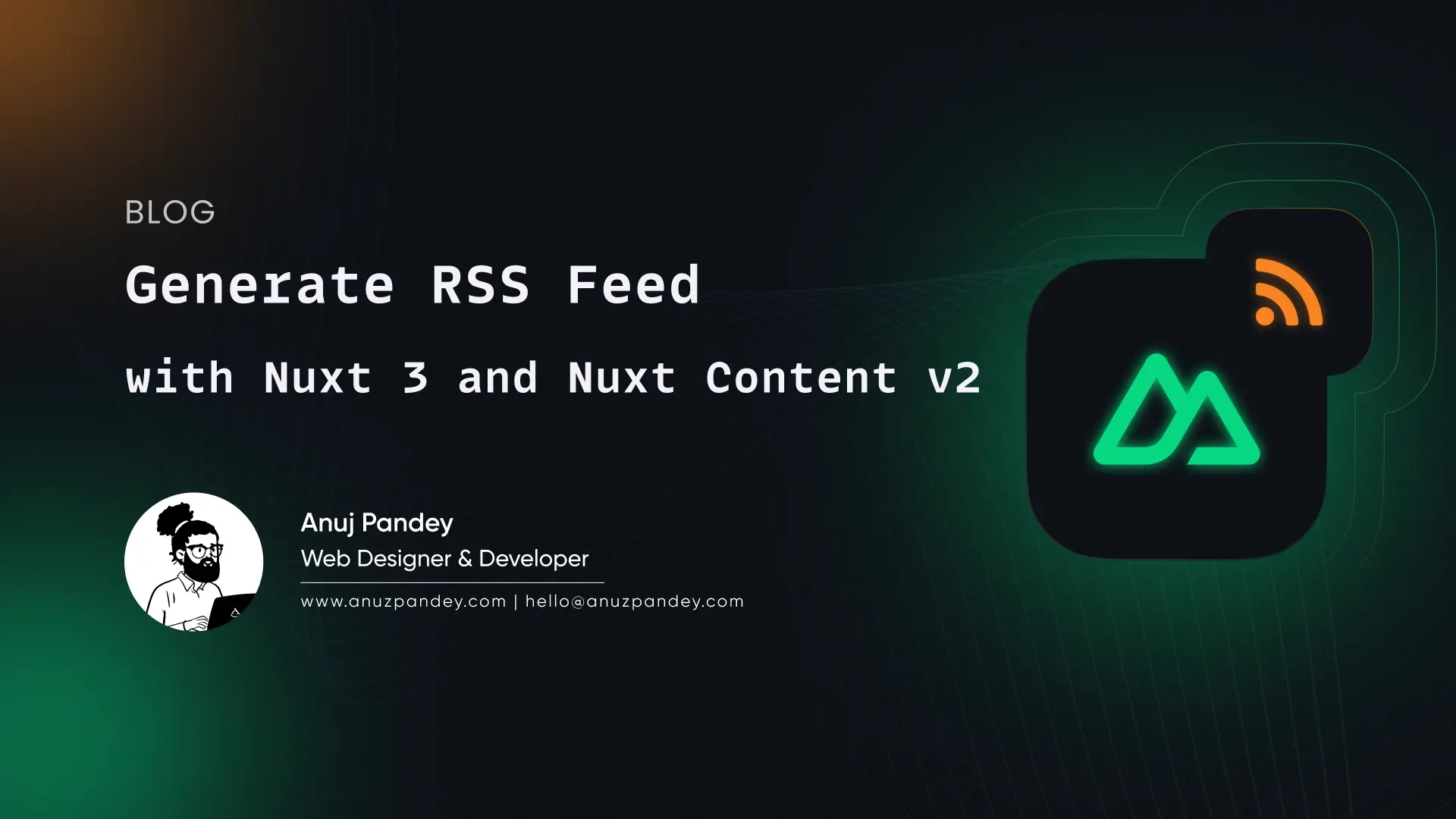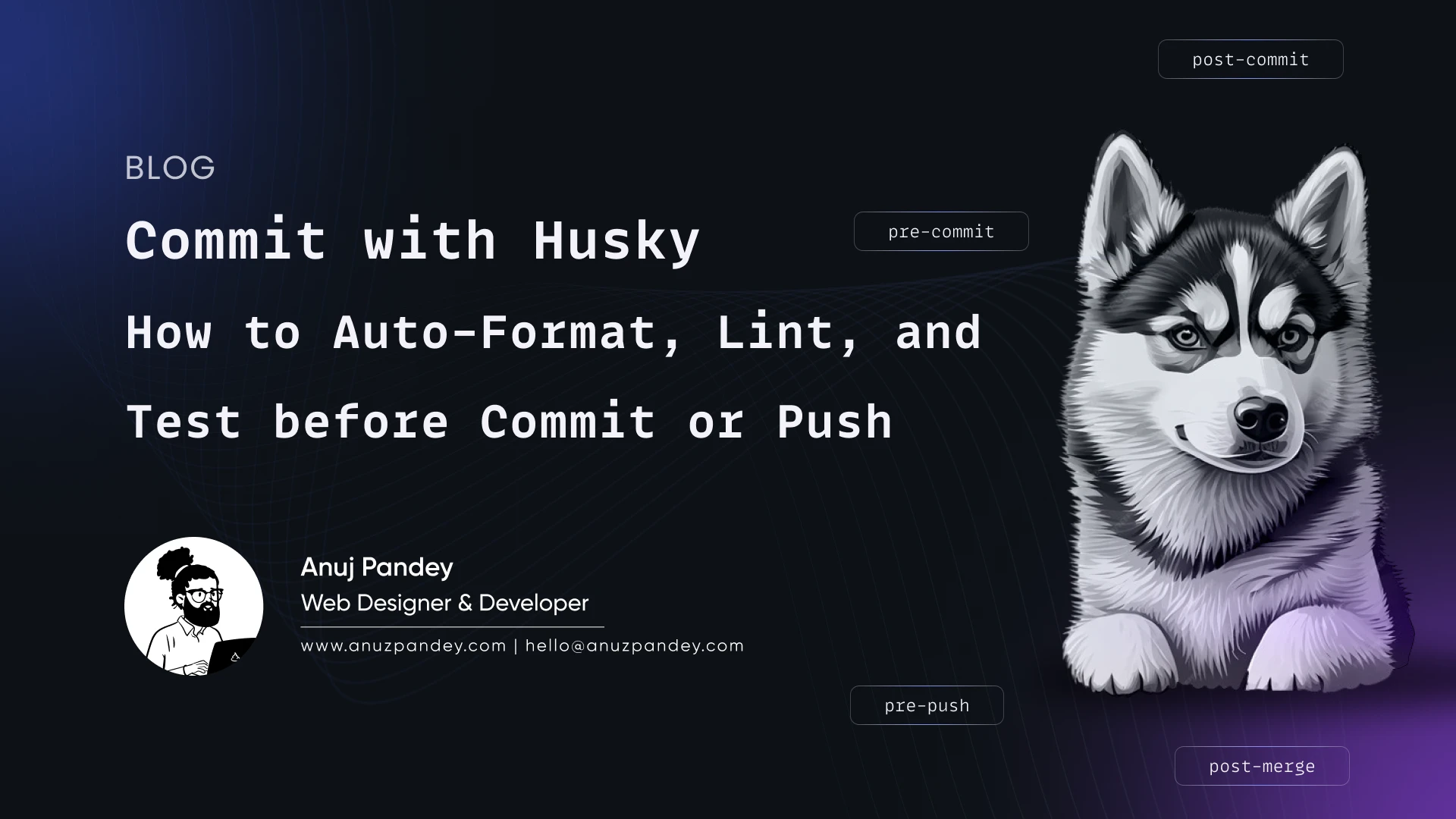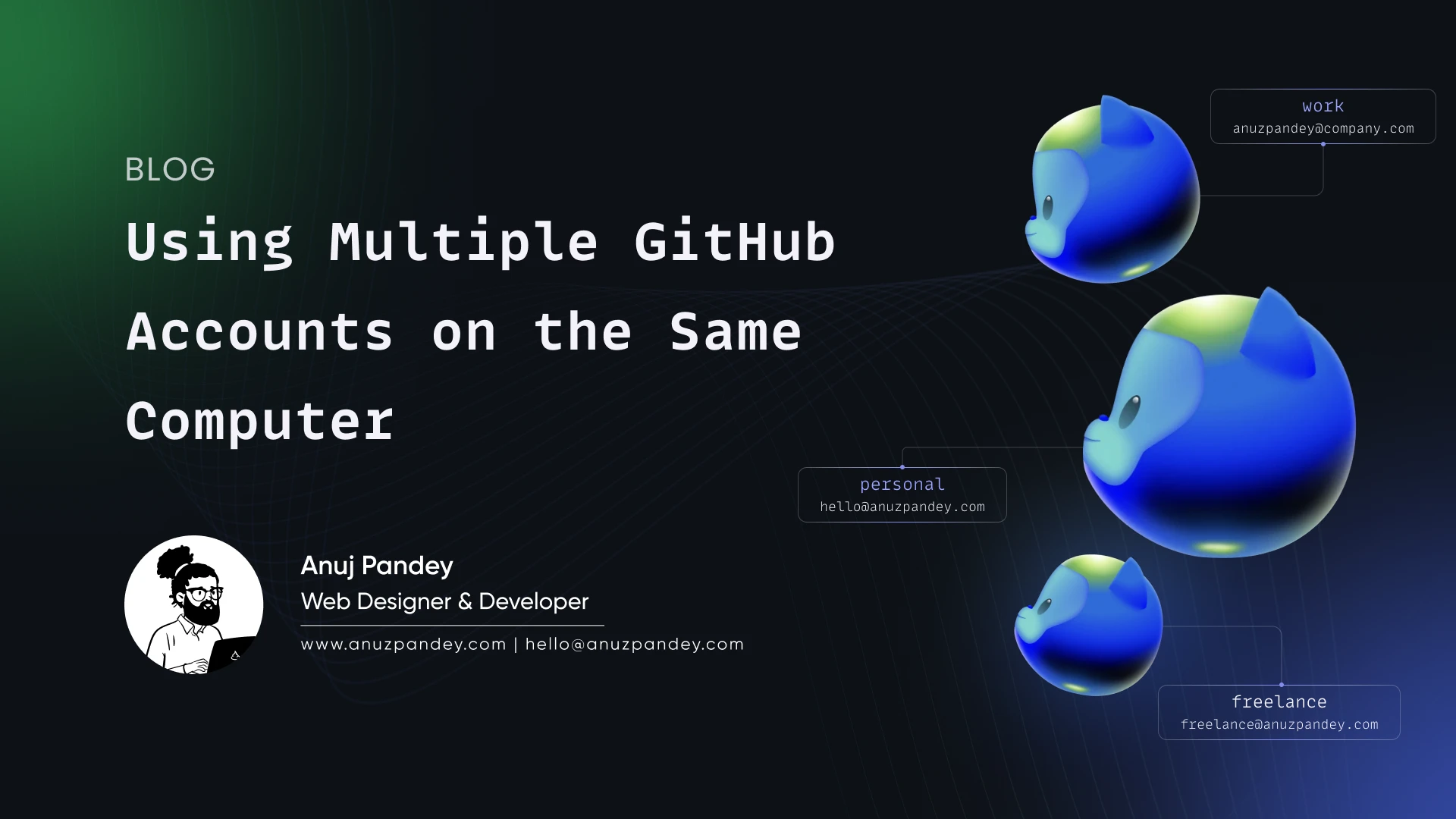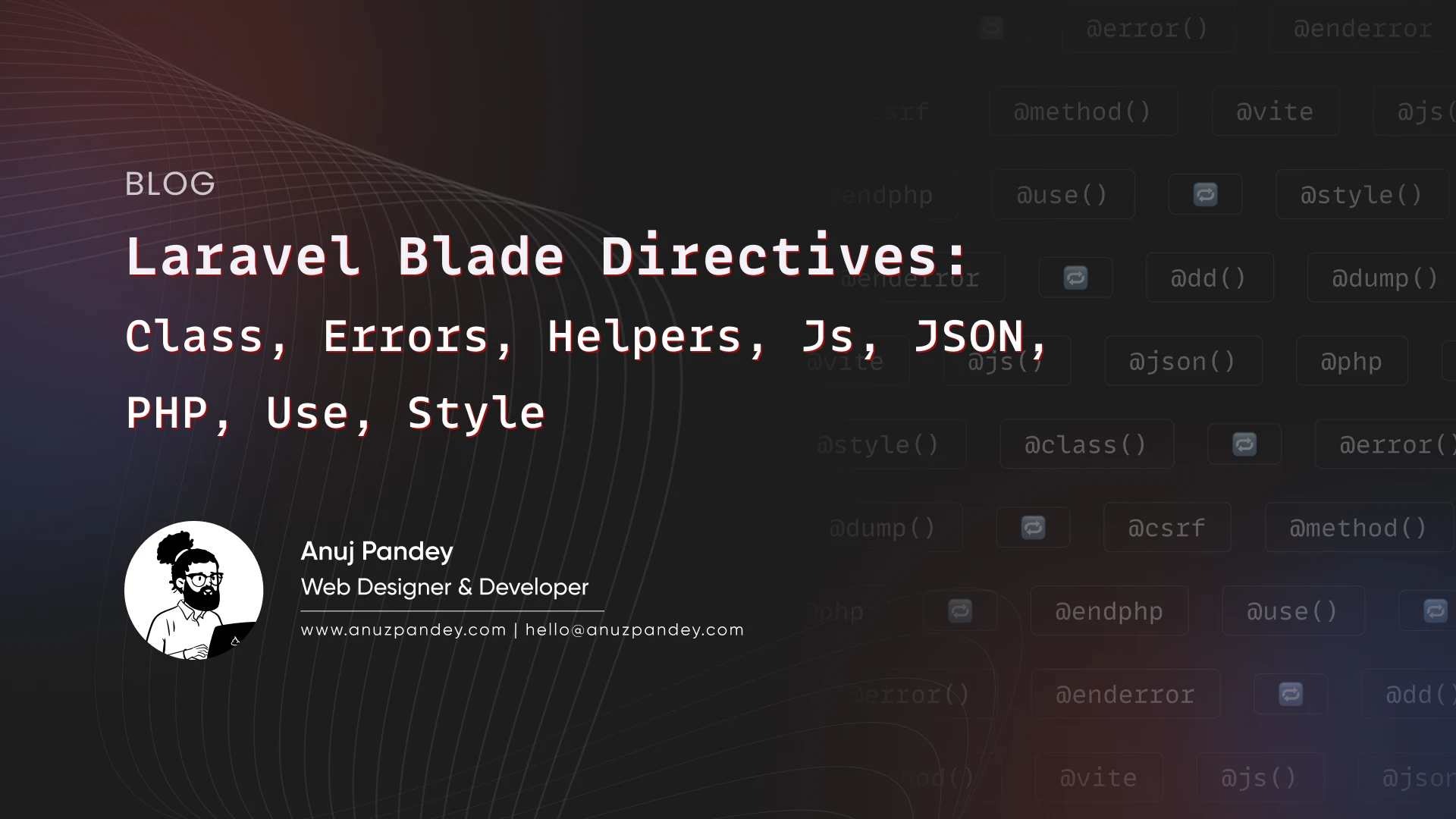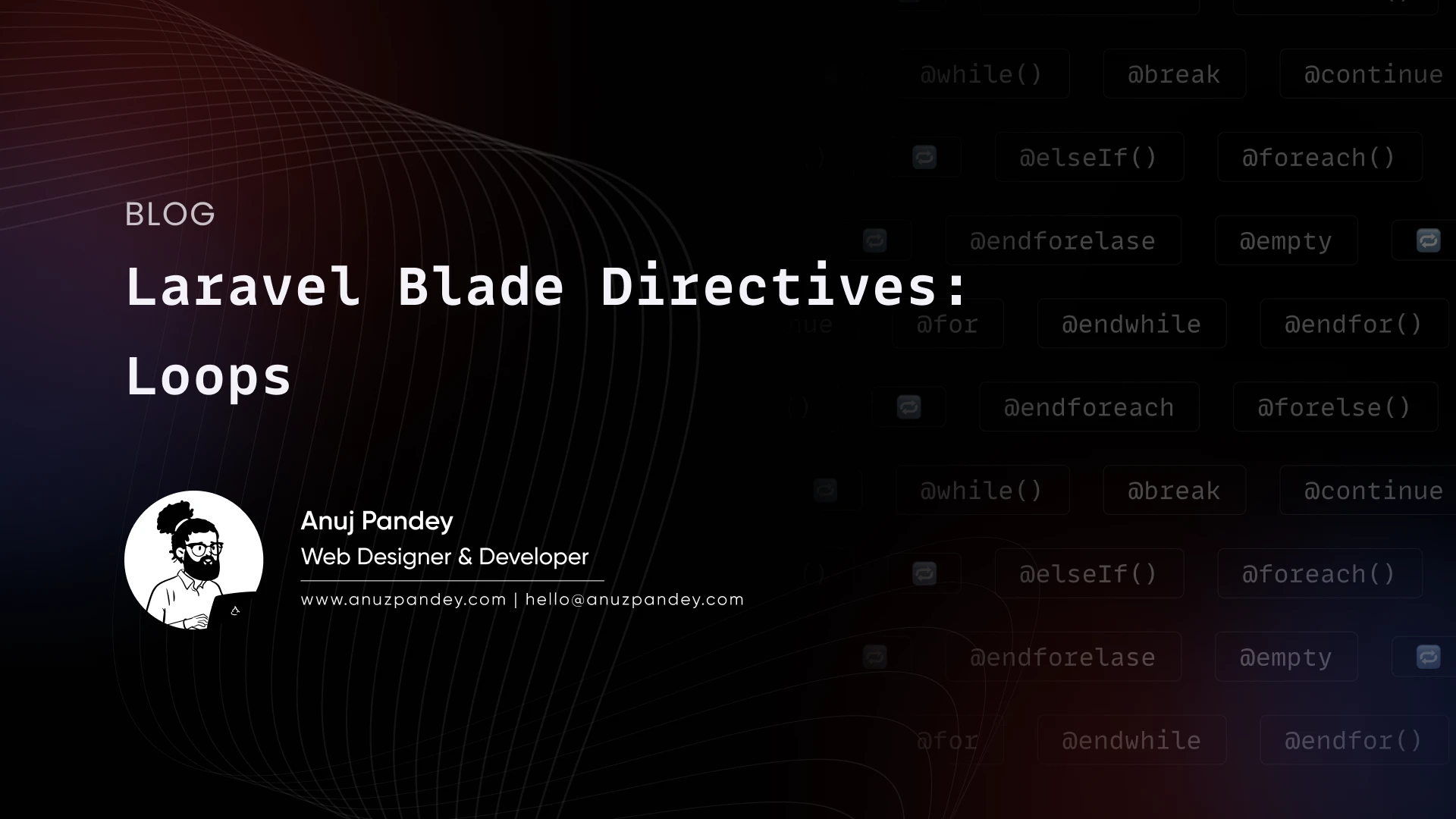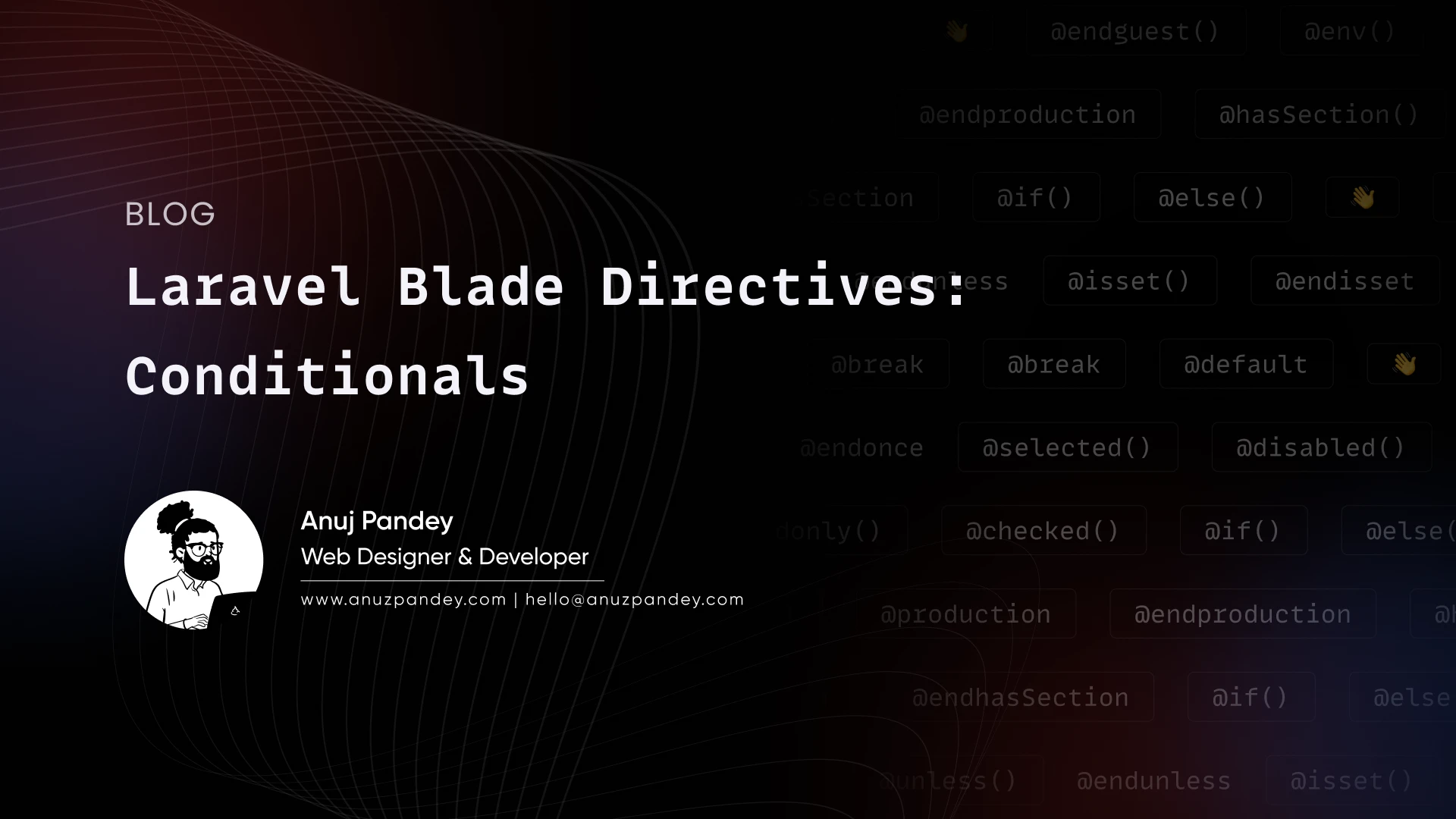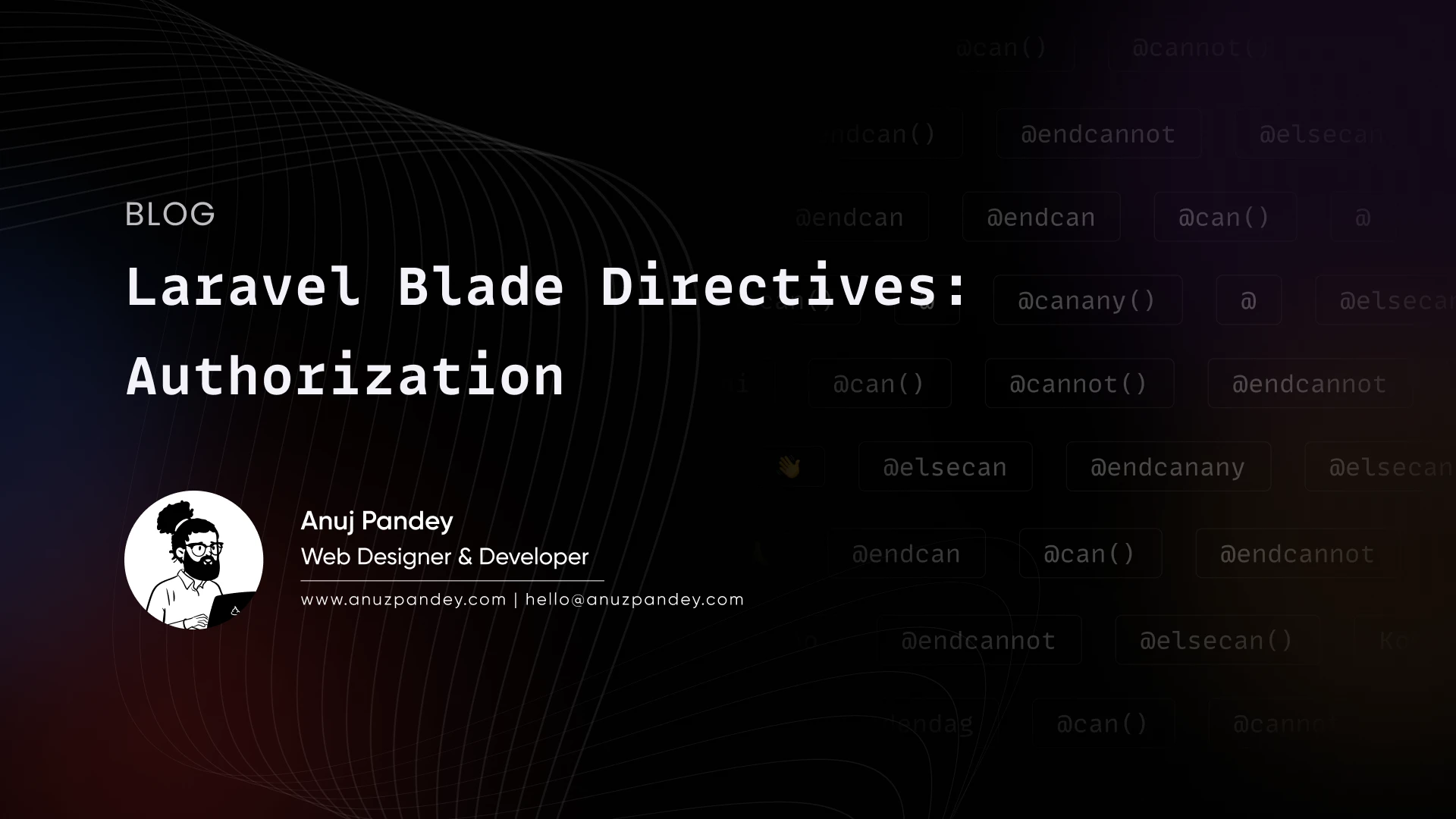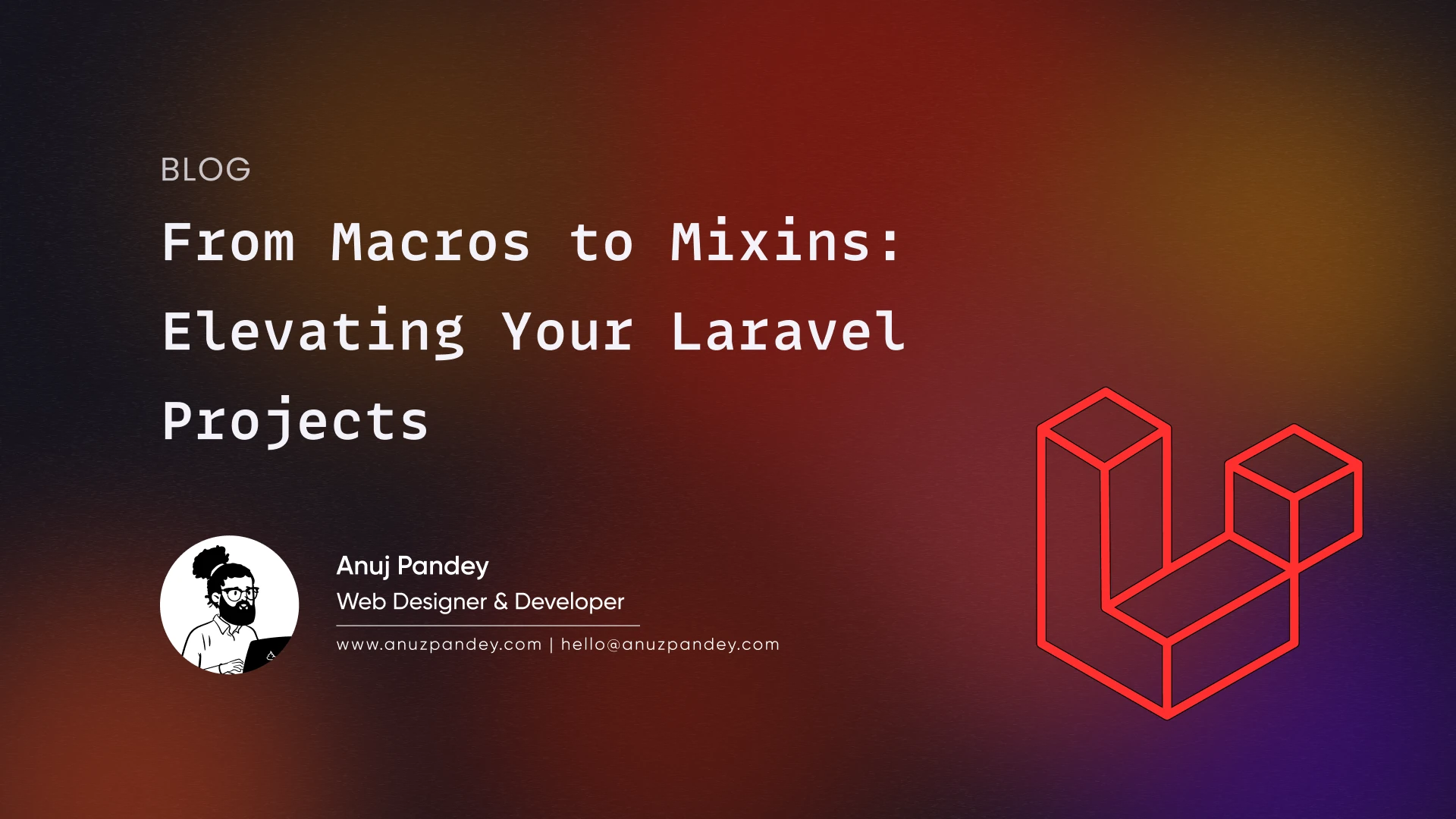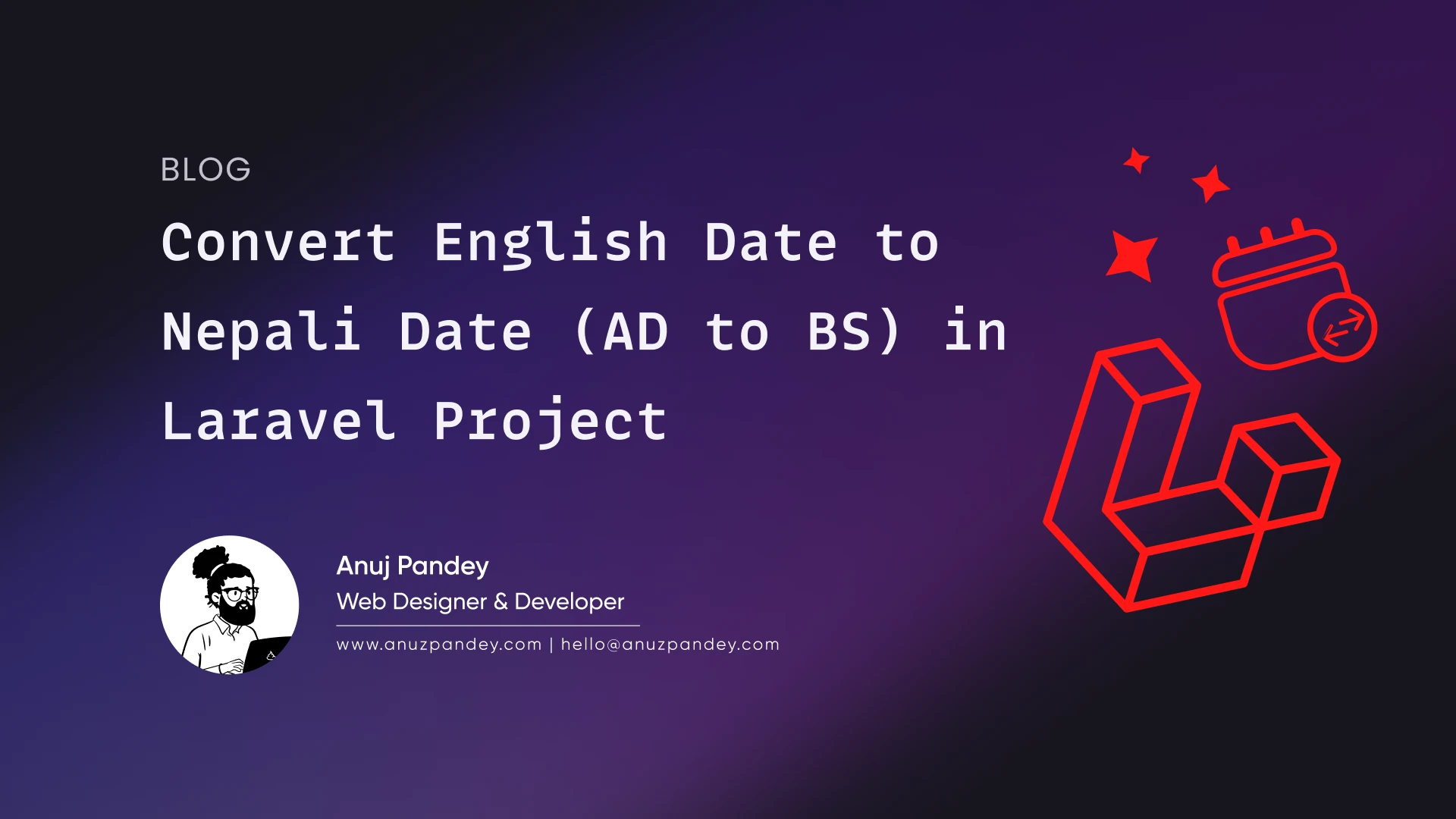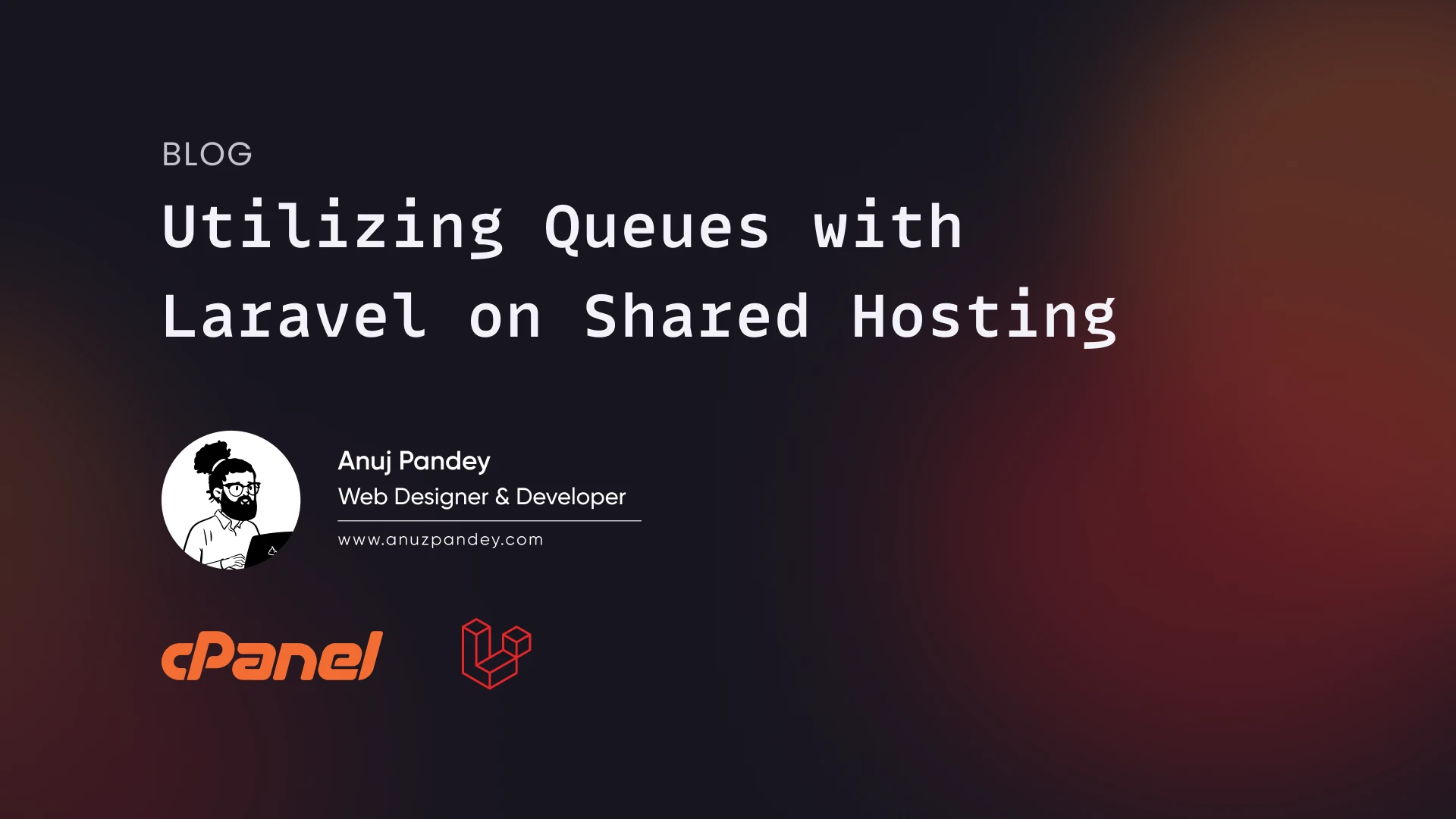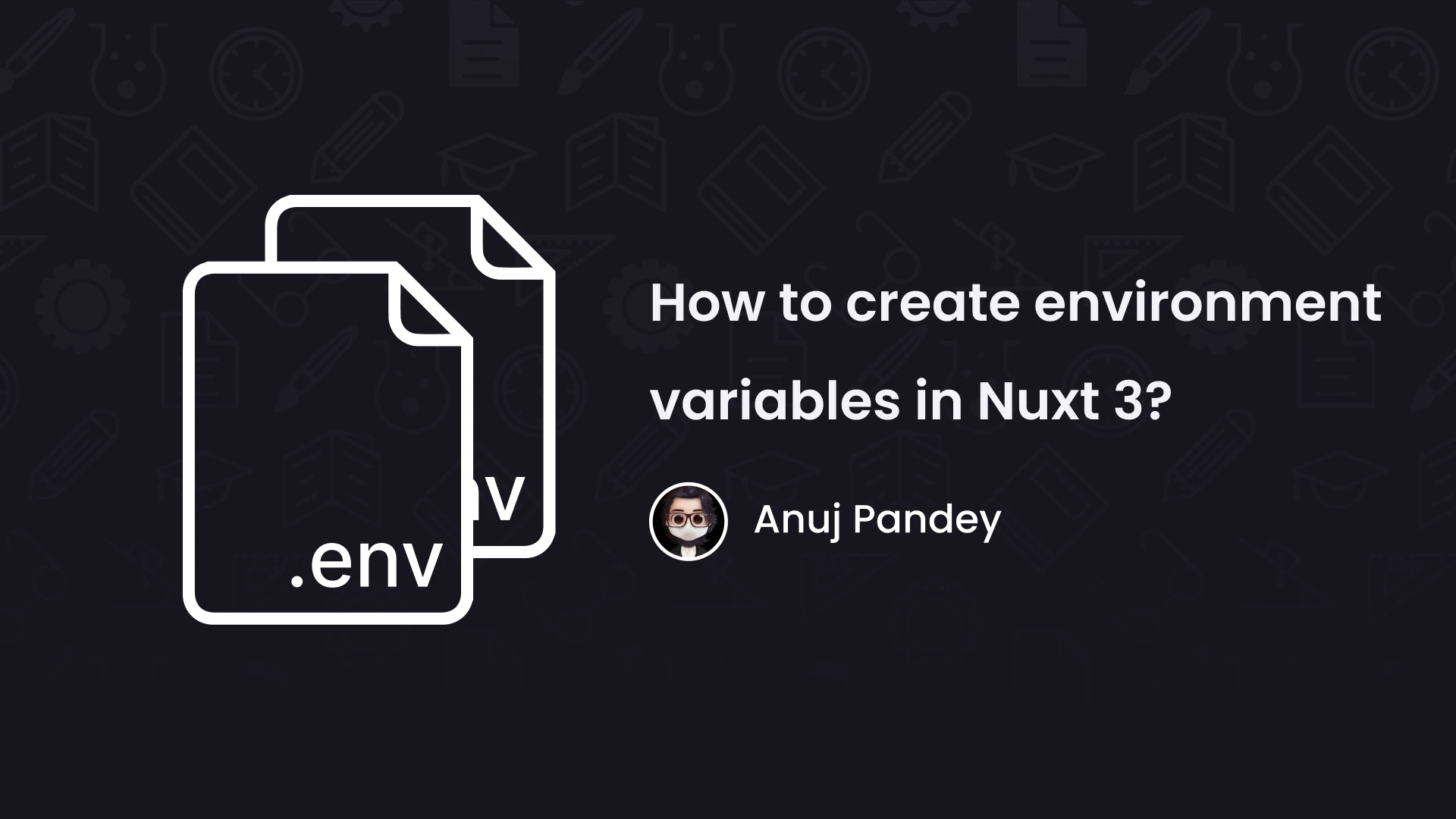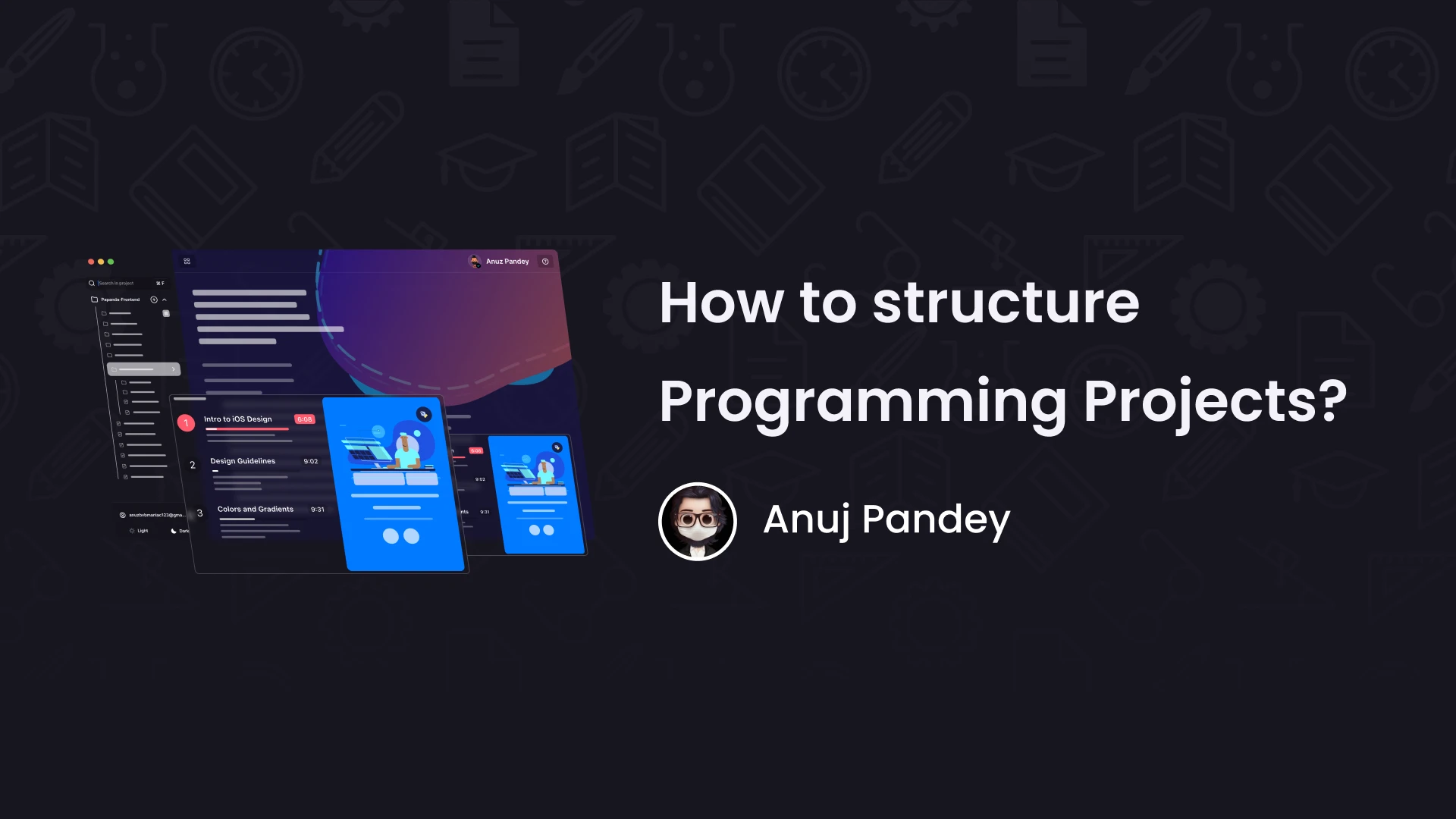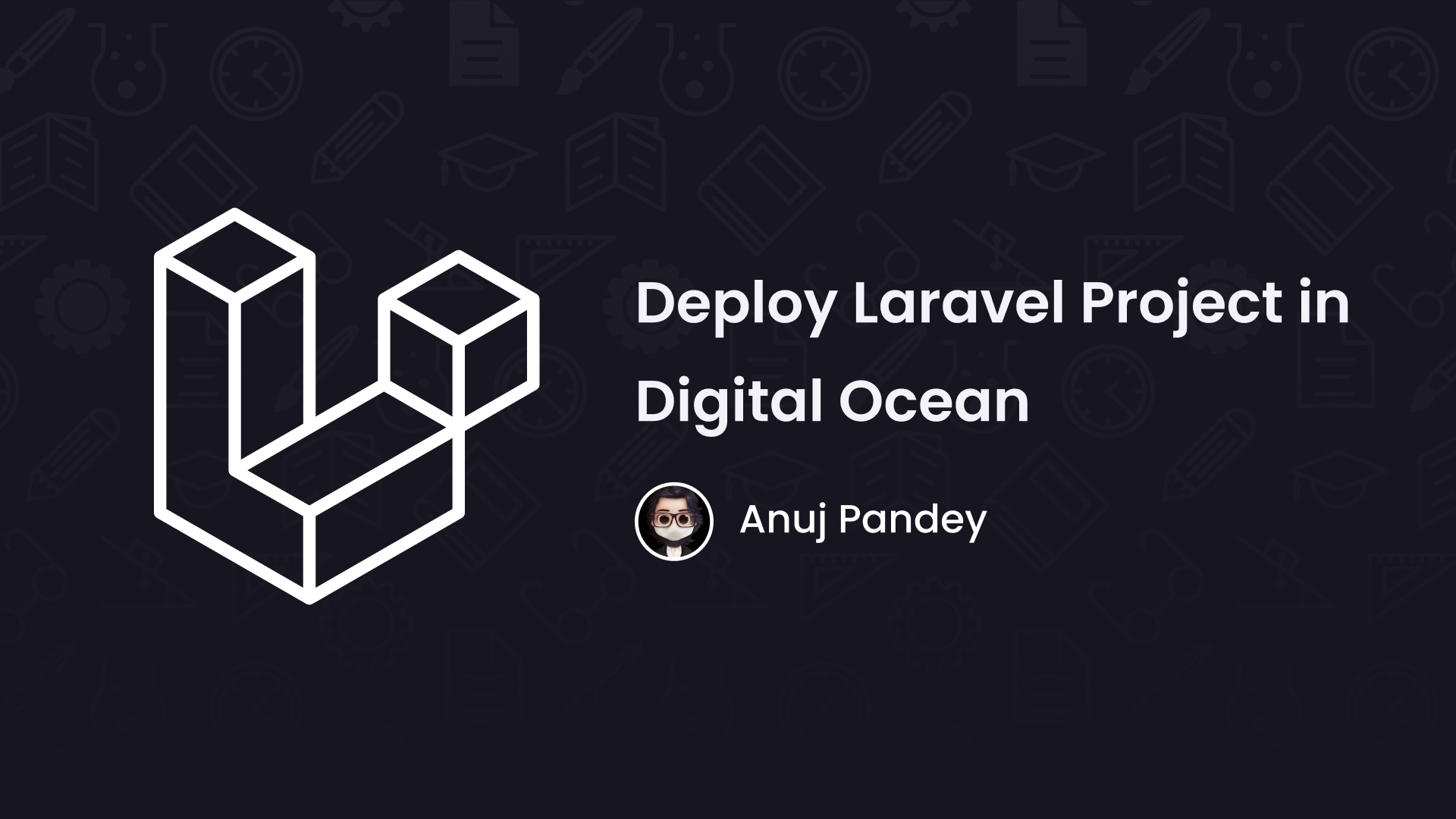- My Writings
Learn different topics with great articles.
Everything you need to know about Tailwind CSS 4.0
Tailwind CSS 4.0 has been released, introducing its biggest update yet! With a reimagined configuration experience and a brand-new Oxide engine built for speed, this release takes performance and flexibility to a whole new level.
Why and How to Use Laravel Strict Mode in Your Projects?
In this article, we’ll explore how to use Laravel Strict Mode in our application and how it can benefit you.
Laravel Cloud: Simplifying Laravel Deployment
As a developer with experience in multiple frameworks, I have often found myself appreciating the ease of deployment with platforms like Vercel for NextJS and React projects. The ability to host, deploy, and manage projects seamlessly without spending hours on configuration is a huge advantage. However, in the Laravel ecosystem, achieving the same level of simplicity has been challenging.
What are Laravel Pipelines?
Laravel Pipeline is a design pattern that allows us to pass data through a series of pipes or stages, each performing a specific operation. This approach promotes clean. modular, and maintainable code by separating complex tasks into manageable steps.
What's New in Pest 3?
Nuno Maduro, creator of Pest, unveiled the new features coming with Pest 3 during his talk at Laracon US 2024 on Tuesday. New features includes task management, architectural preset, and mutation testing.
PHP 8.4 New Array Functions
PHP 8.4 is set to be released on November 21, 2024. This version has many new features and improvements, including property hooks, HTML 5 support, and chaining methods on new without additional parentheses. Here, we will explore some of the new handy array functions added in PHP 8.4 and compare them with Laravel's Array helpers
Share Data to all or specific views in Laravel
Most of the time when developing a Laravel application, we stumble upon a case where we need to share some data to all the views of our application or some part of the views. In this blog, we will learn how to share data to all or specific views in Laravel.
Organizing View Logics in Laravel with View Composers
View composers in Laravel allow you to organize and reuse view-specific logic effortlessly. Instead of cluttering your controllers with repetitive code, view composers centralize the data preparation, making your Laravel applications more structured and maintainable. Learn how to use view composers to keep your views consistent, eliminate code repetition, and simplify complex data requirements.
A Deep Dive into Laravel Model Factories
Laravel's Model Factories are an excellent tool for generating fake data, which simplifies testing and database seeding. They help us create consistent and efficient data setups for our laravel applications. In this article, we will explore how to make the most of model factories in our laravel projects.
Naming Conventions in Laravel
In this blog post, I'll be discussing some of the naming conventions in Laravel that I personally follow.
Backup Laravel Application on Google Drive
In this article, we will learn how to backup a Laravel application on Google Drive on a scheduled basis using spatie/laravel-backup and masbug/flysystem-google-drive-ext.
How to Detect Model Attribute Changes in Laravel
In this article, we will learn how to detect model attribute changes in Laravel using Laravel helper methods like isDirty, isClean, and wasChanged.
Using Bun as a Package Manager
In this article, we will explore how fast bun is and how to use it as a package manager replacing npm, yarn, or pnpm.
My Top 6 Essential Zsh Plugins
I've been using Zsh for a while now, and I've been using it for my daily work. With countless plugins and themes available, it can be overwhelming to choose the right ones. I've compiled a list of the top 6 essential Zsh plugins that I use every day.
Understanding Semantic Versioning: A Beginner's Guide
In this article, we will explore what Semantic Versioning is, why it is important, and how to use it effectively in your projects.
Generate RSS Feed with Nuxt 3 and Nuxt Content v2
Learn how to create an RSS feed for your Nuxt 3 project using Nuxt Content v2. This article will guide you through the process of setting up a custom RSS feed.
Commit with Husky: How to Auto-Format, Lint, and Test before Commit or Push
Learn how to set up pre-commit and pre-push hooks in Git to auto-format, lint, and test your code before committing or pushing to the repository. Ensure that your code is clean, consistent, and error-free before sharing it with others.
Using Multiple GitHub Accounts on the Same Computer
Recently, I stumbled upon a situation where I had to use my personal device for work. I already had my personal GitHub account set up on my machine, and now I had to use my work GitHub account as well. I had to figure out a way to use both accounts on the same machine without any conflicts. In this blog, I will share the steps to set up multiple GitHub accounts on the same computer using SSH keys.
Laravel Blade Directives: Class, Errors, Helpers, JS, JSON, PHP, Use, and Style
Laravel provides a variety of Blade directives to simplify common tasks in your Blade templates. In this article, we'll explore several useful Blade directives for working with CSS classes, error messages, JavaScript variables, JSON data, PHP code, and more. These directives help you write cleaner, more expressive Blade templates and streamline your development workflow.
Laravel Blade Directives: Loops
In this article, we will learn about Laravel Blade Directives: Loops. Laravel Blade provides a set of directives to work with loops. We will learn about `@for`, `@foreach`, `@forelse`, `@while`, `@empty`, `@continue` and `@break`.
Laravel Blade Directives: Conditionals
In this article, we'll learn about different Blade directives for conditional checks in Laravel. These directives provide a convenient way to manage and handle conditional logic within your Blade templates.
Laravel Blade Directives: Authorization
In this article, we'll learn how to secure our Laravel app by exploring different blade directives for authorization checks.
From Macros to Mixins: Elevating Your Laravel Projects
In this article, we'll explore advanced techniques for managing Laravel Macros using the `mixin` method provided within the `Macroable` trait. We'll learn how to organize and maintain Macros effectively, enhancing the flexibility and maintainability of Laravel projects.
Exploring Laravel Macros: Extending Functionality with Ease
In this article, we'll explore Laravel macros and learn how to extend Laravel's core functionality with custom macros. We'll cover the basics of macros, how to define them, and how to use them to enhance your Laravel applications.
Convert English Date to Nepali Date (AD to BS) in Laravel Project
In this tutorial, we'll explore how to convert English date to Nepali date (AD to BS) and vice-versa in a Laravel project. We'll utilize the `anuzpandey/laravel-nepali-date` package to achieve this functionality, which provides a simple and efficient solution for date conversion.
Utilizing Queues with Laravel on Shared Hosting
This article will explore how to utilize Laravel Queues on shared hosting environments. In scenarios where the installation of supervisor for queue worker management isn't feasible due to restrictions imposed by shared hosting environments, such as those utilizing Cpanel access exclusively, alternative strategies are required.
How to access environment variables in Nuxt 3?
Environment variables play a crucial role in configuring and customizing applications. They provide a convenient way to store sensitive information or dynamic settings that can vary across different environments. In this article, we will explore how to create and utilize environment variables in Nuxt.js 3.
How to structure Programming Projects?
A friend of mine asked me what is the best way to set up a programming project from the start. This article will help you to speed up your workflow by making you a way more efficient programmer. The tools and techniques described in this article will help you maintain structure and organize your programming project.
Deploy Laravel Project in Digital Ocean Droplet
In this blog post, I'll take you on an exciting journey of deploying a Laravel project on a Digital Ocean droplet. From creating and configuring your droplet to deploying your code and securing your application, we'll cover each step in detail, ensuring that you gain a solid understanding of the entire process.

